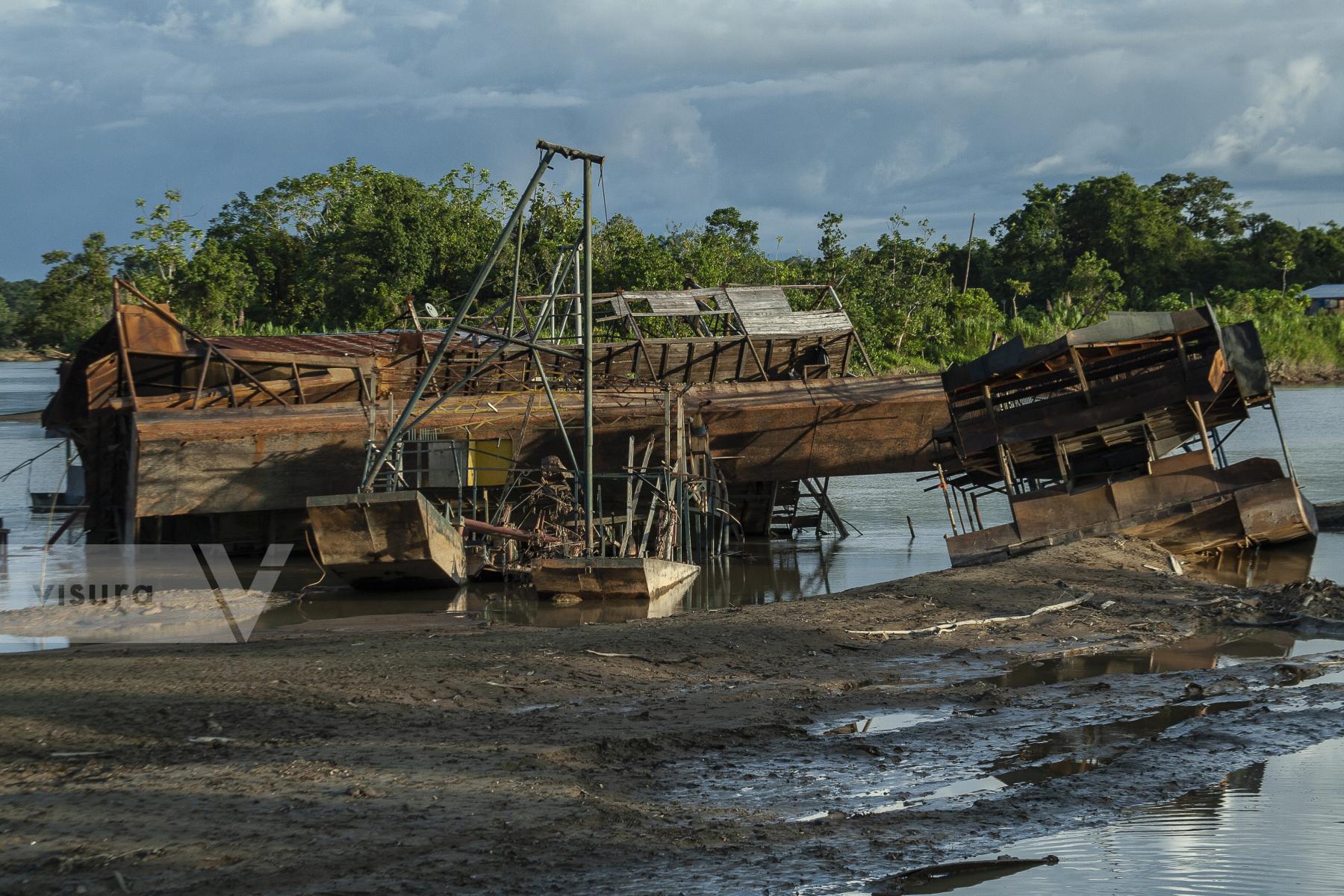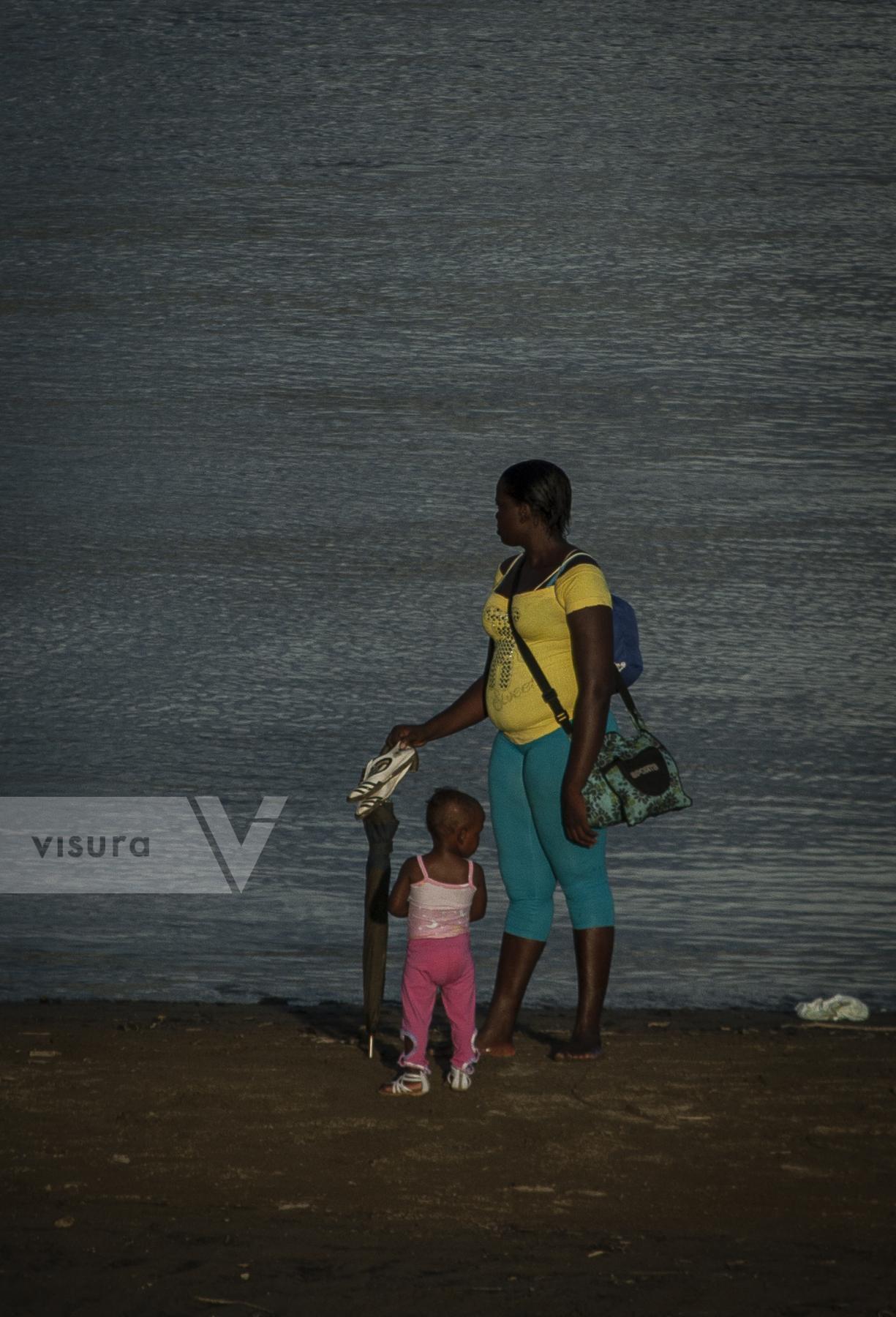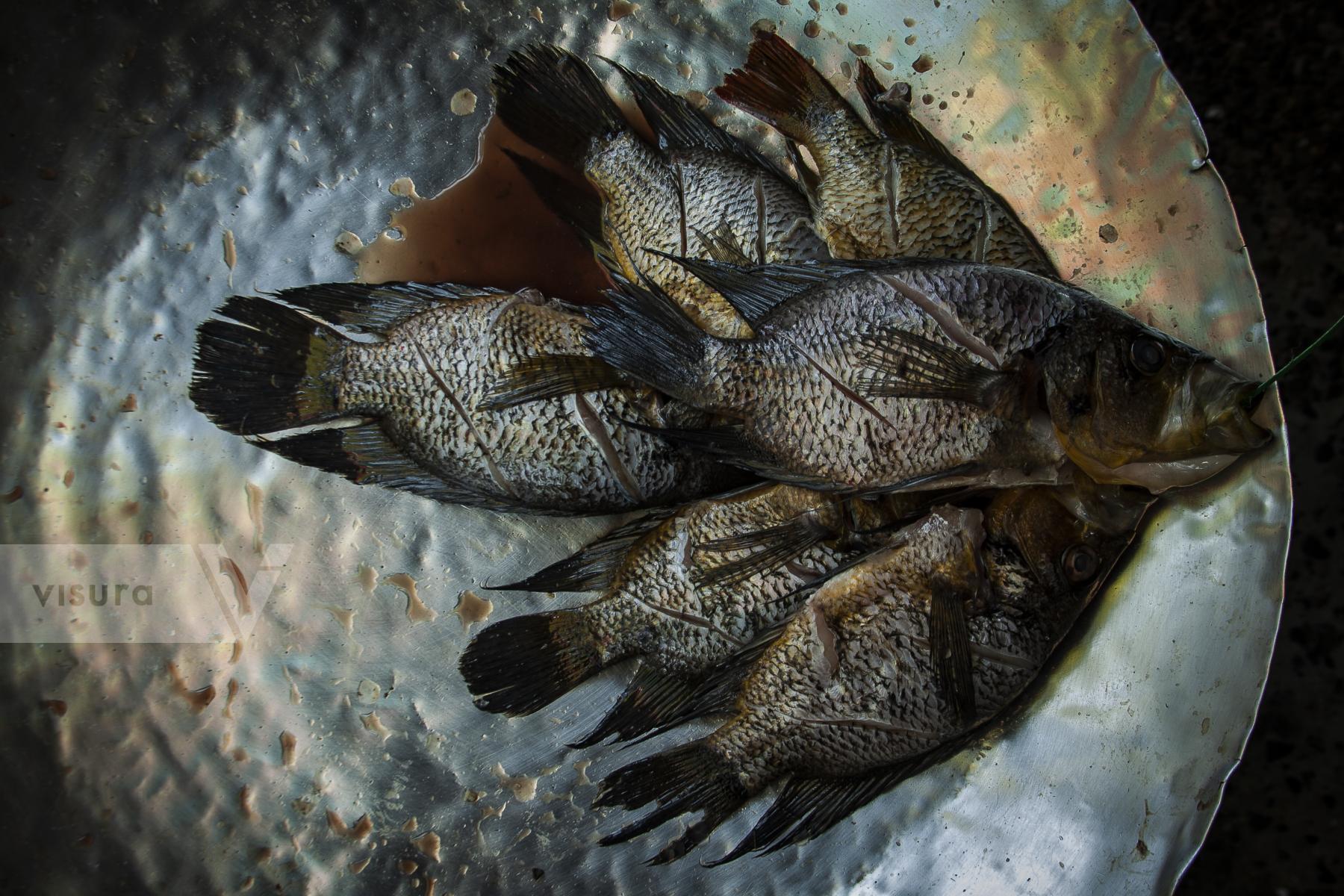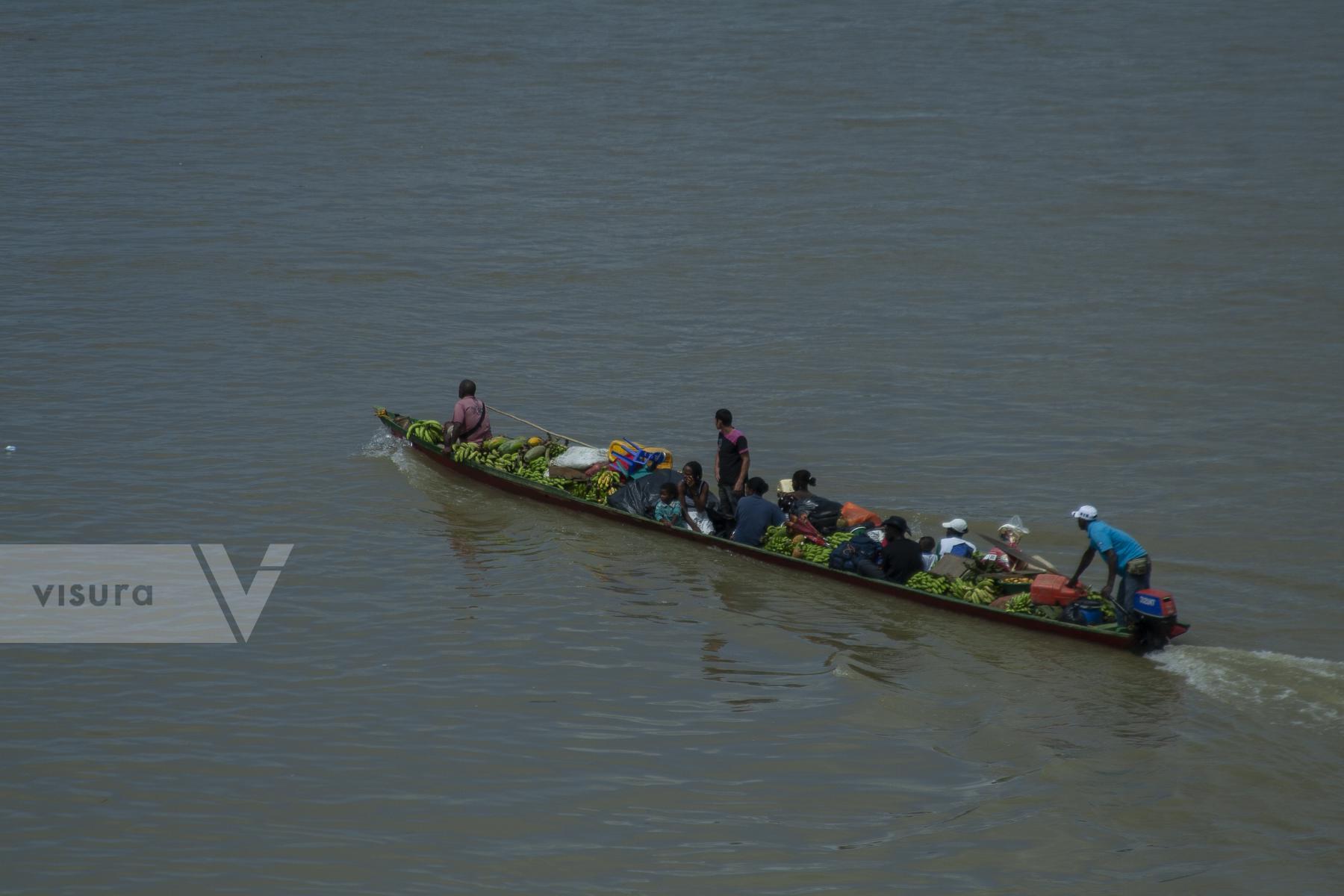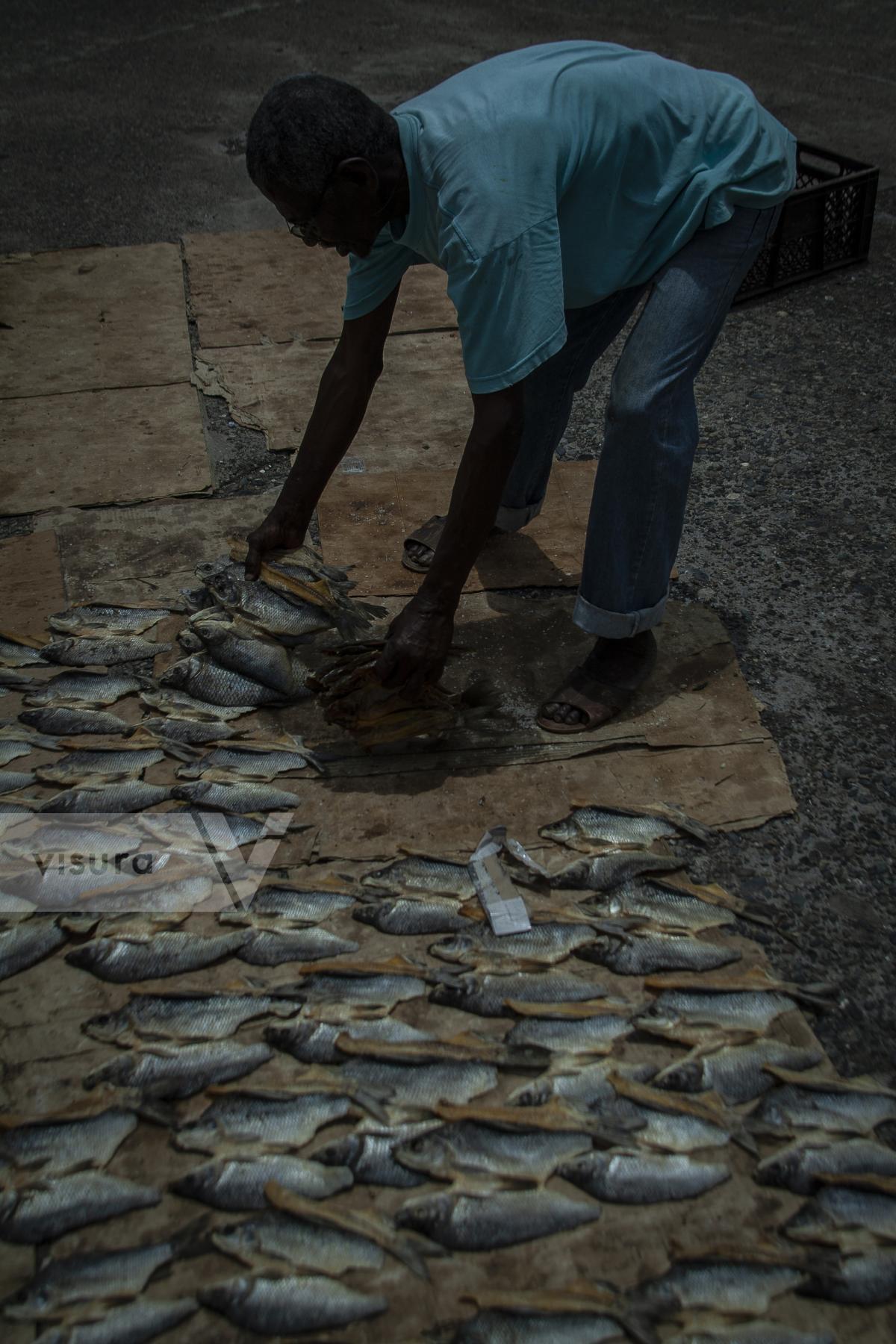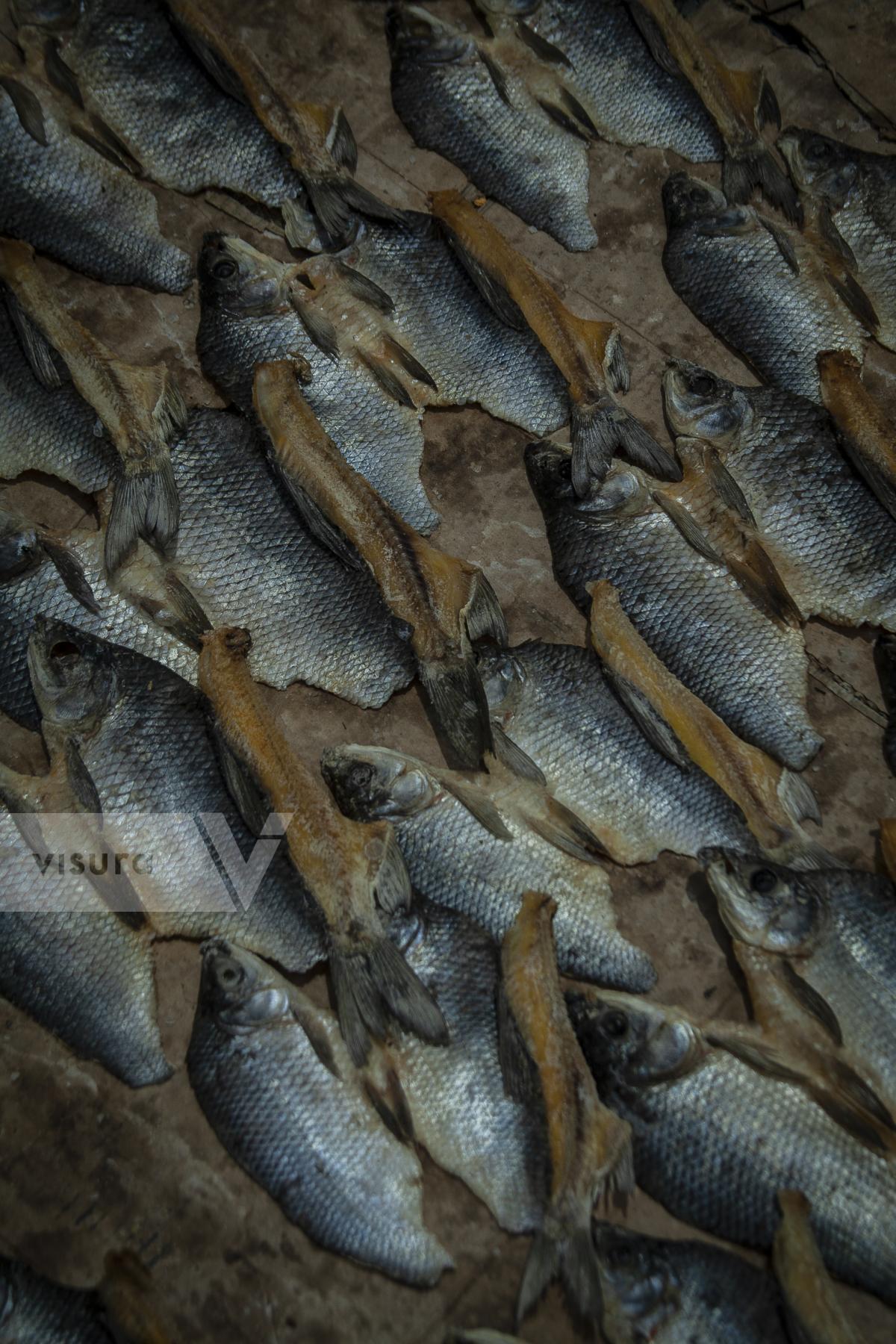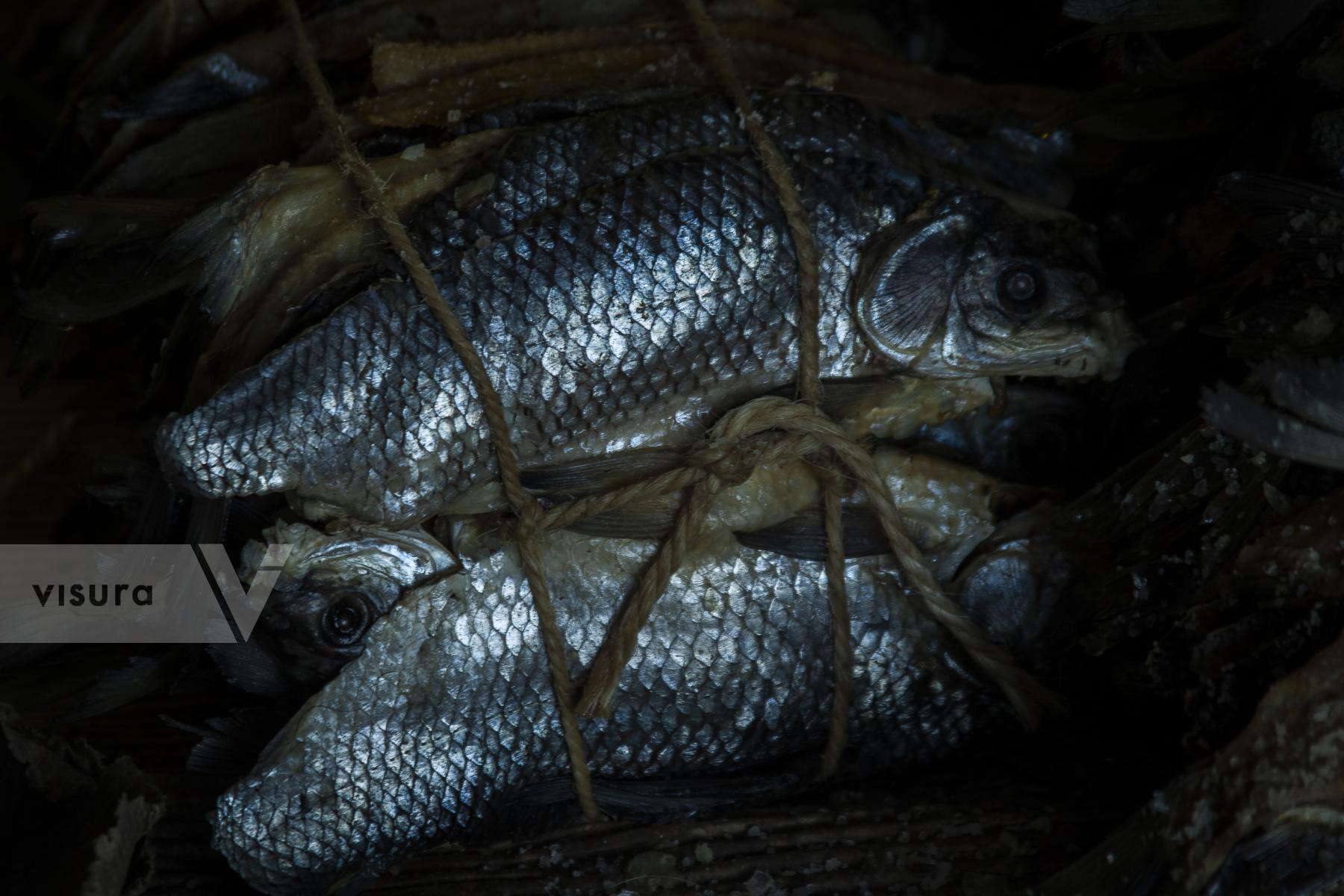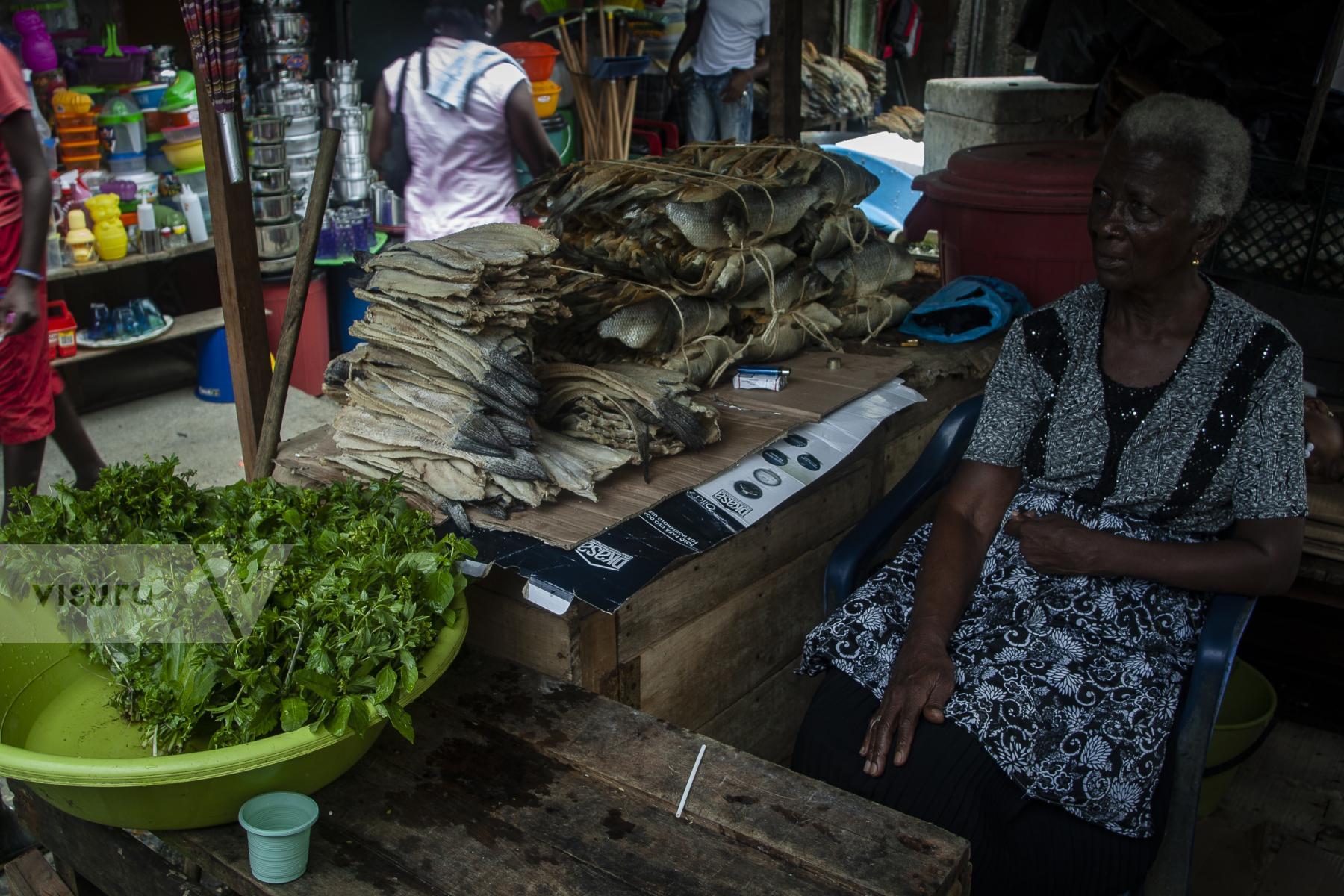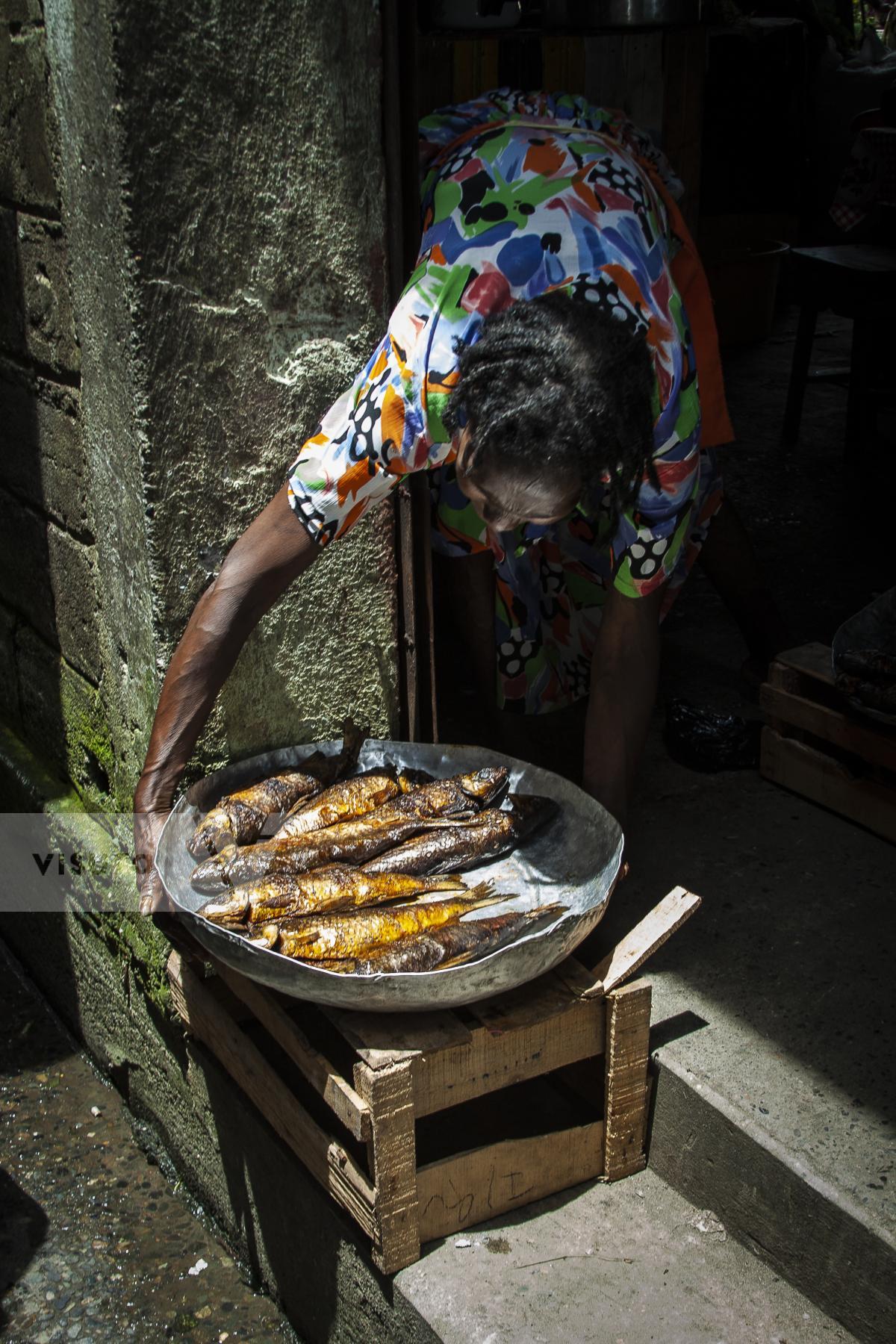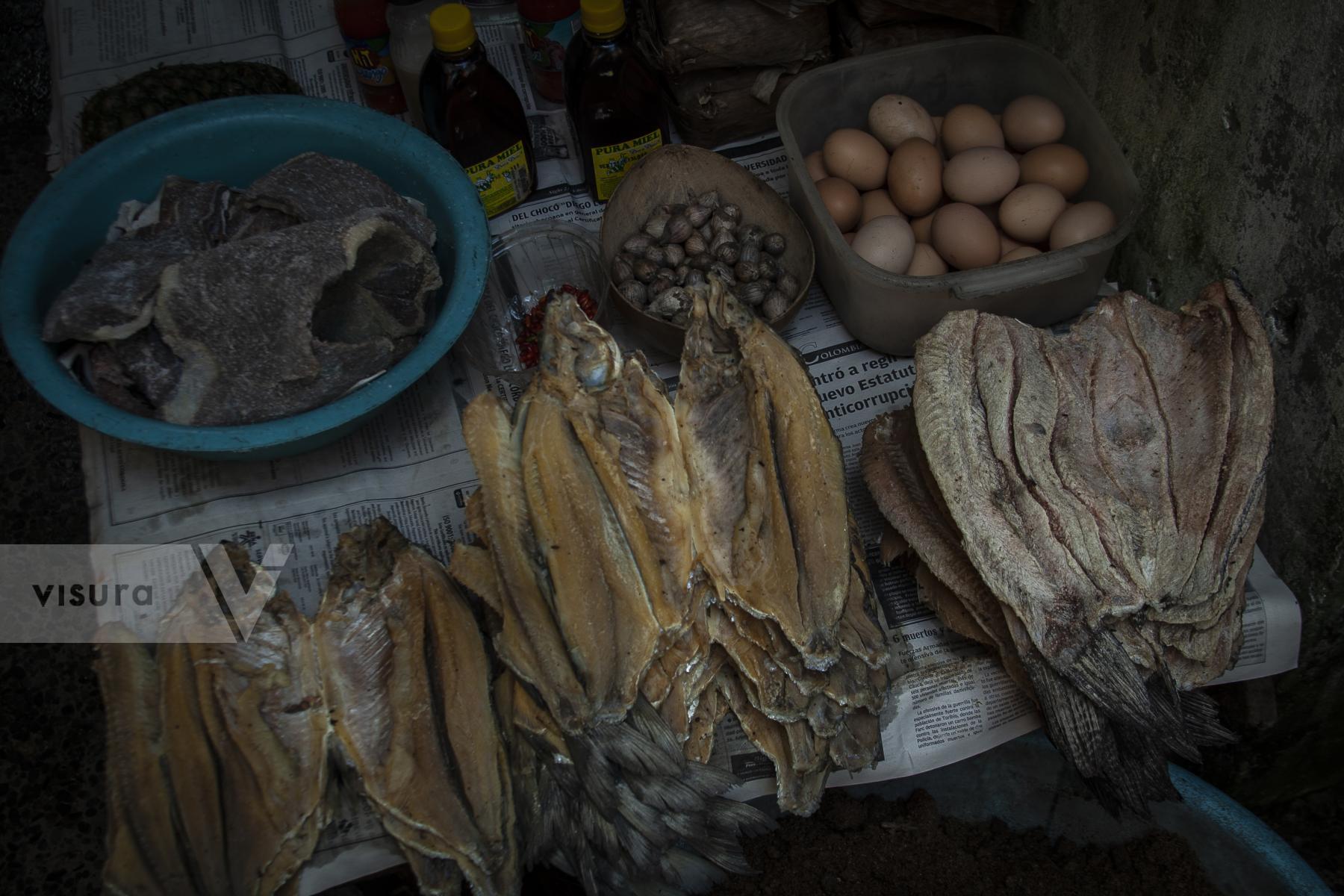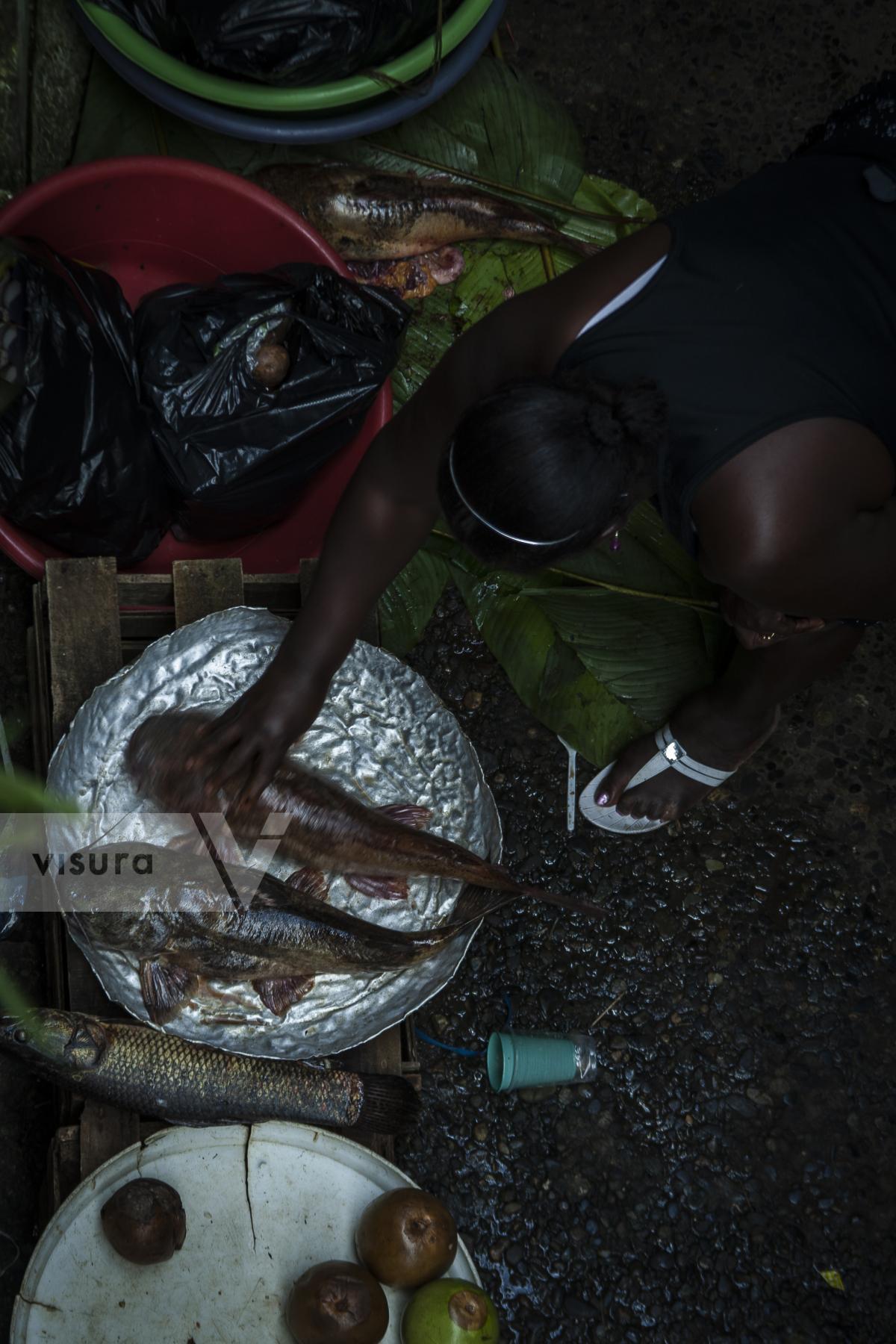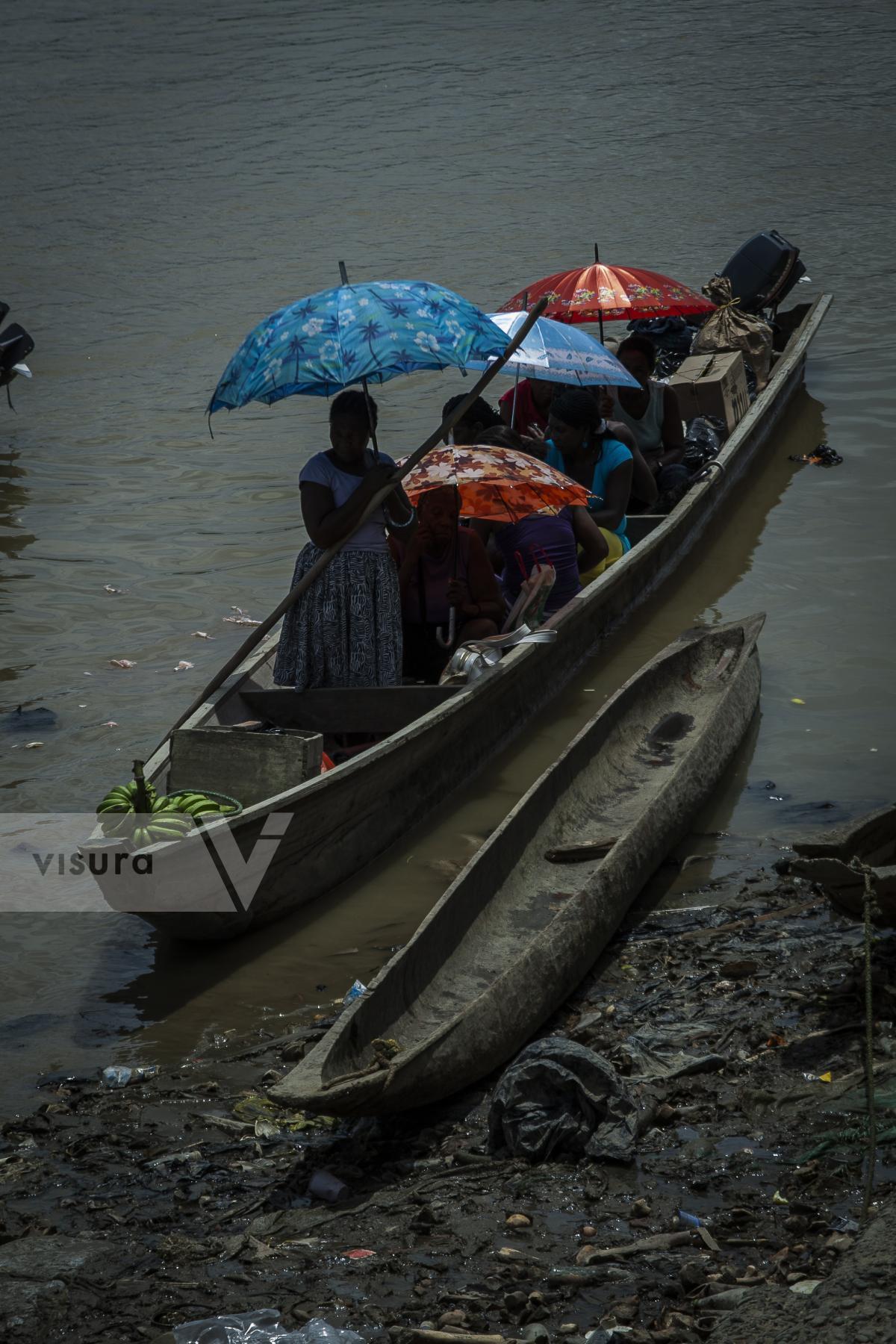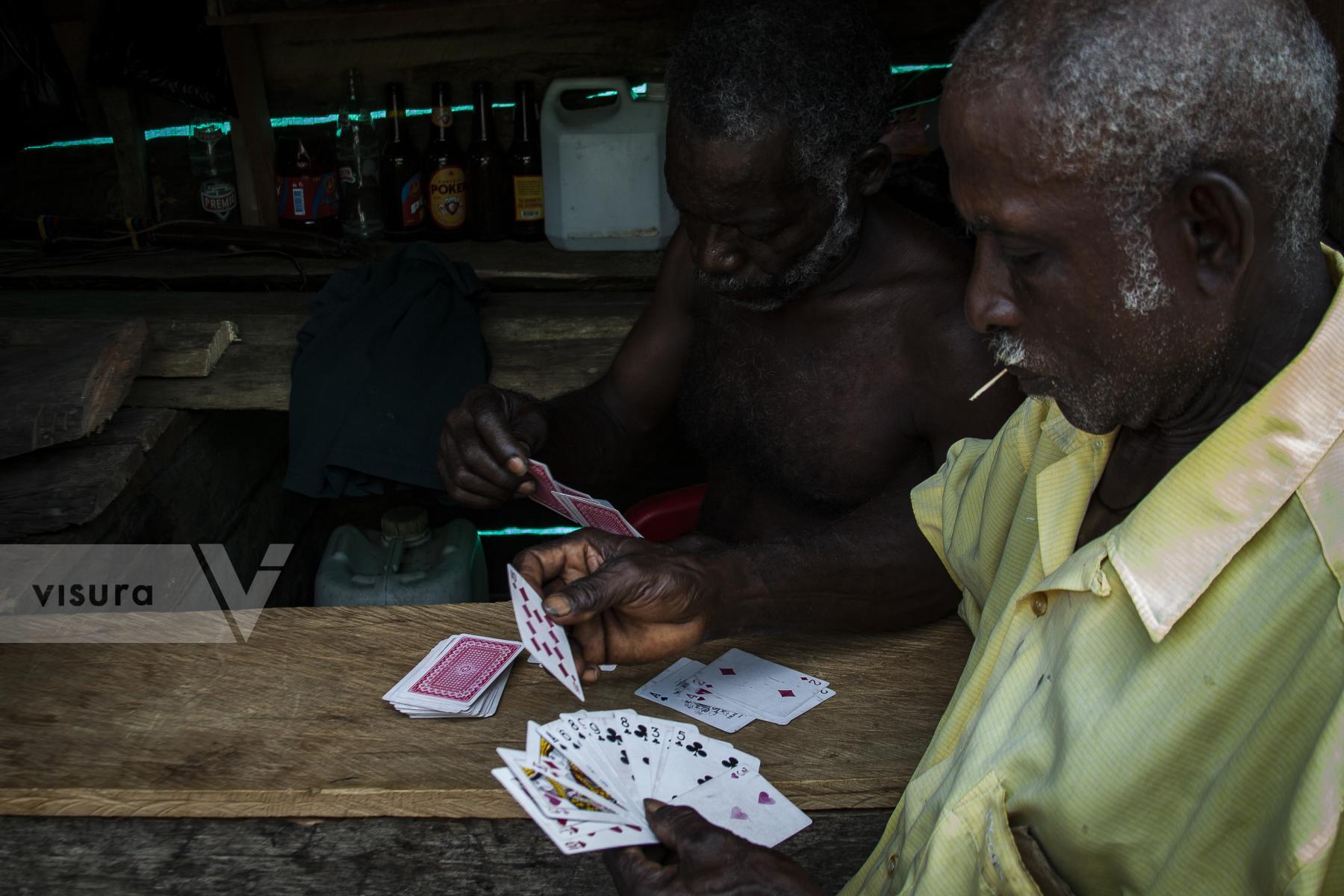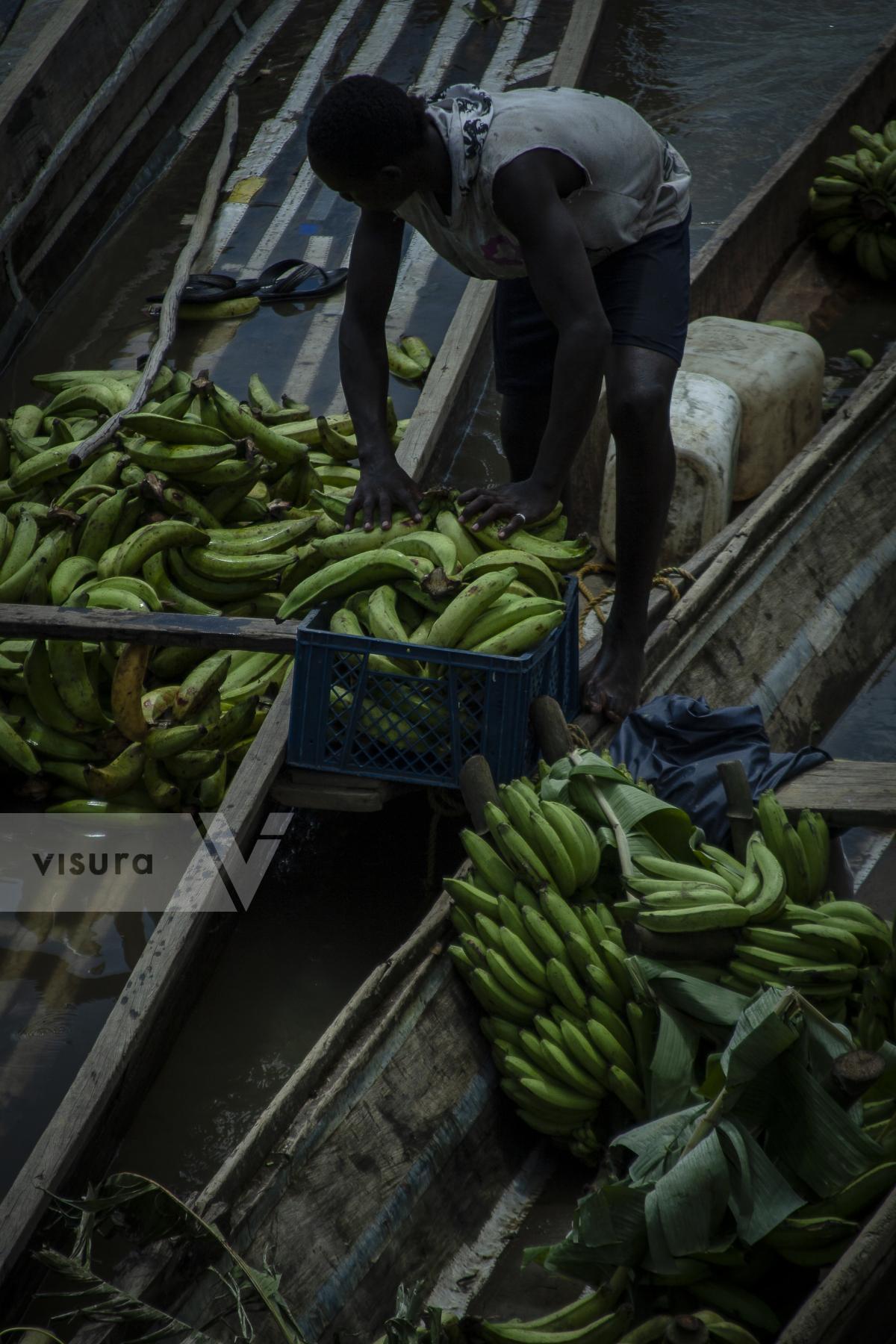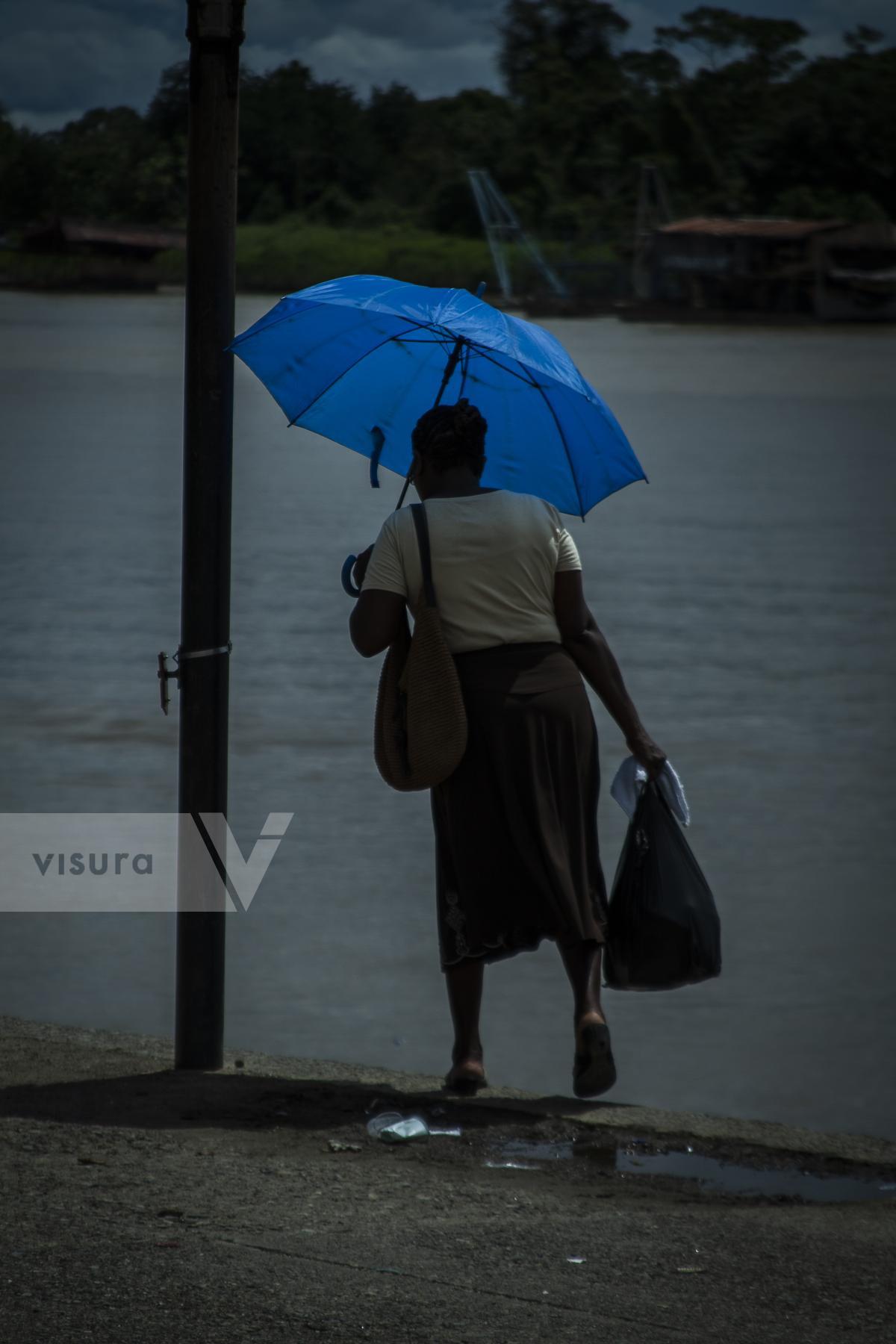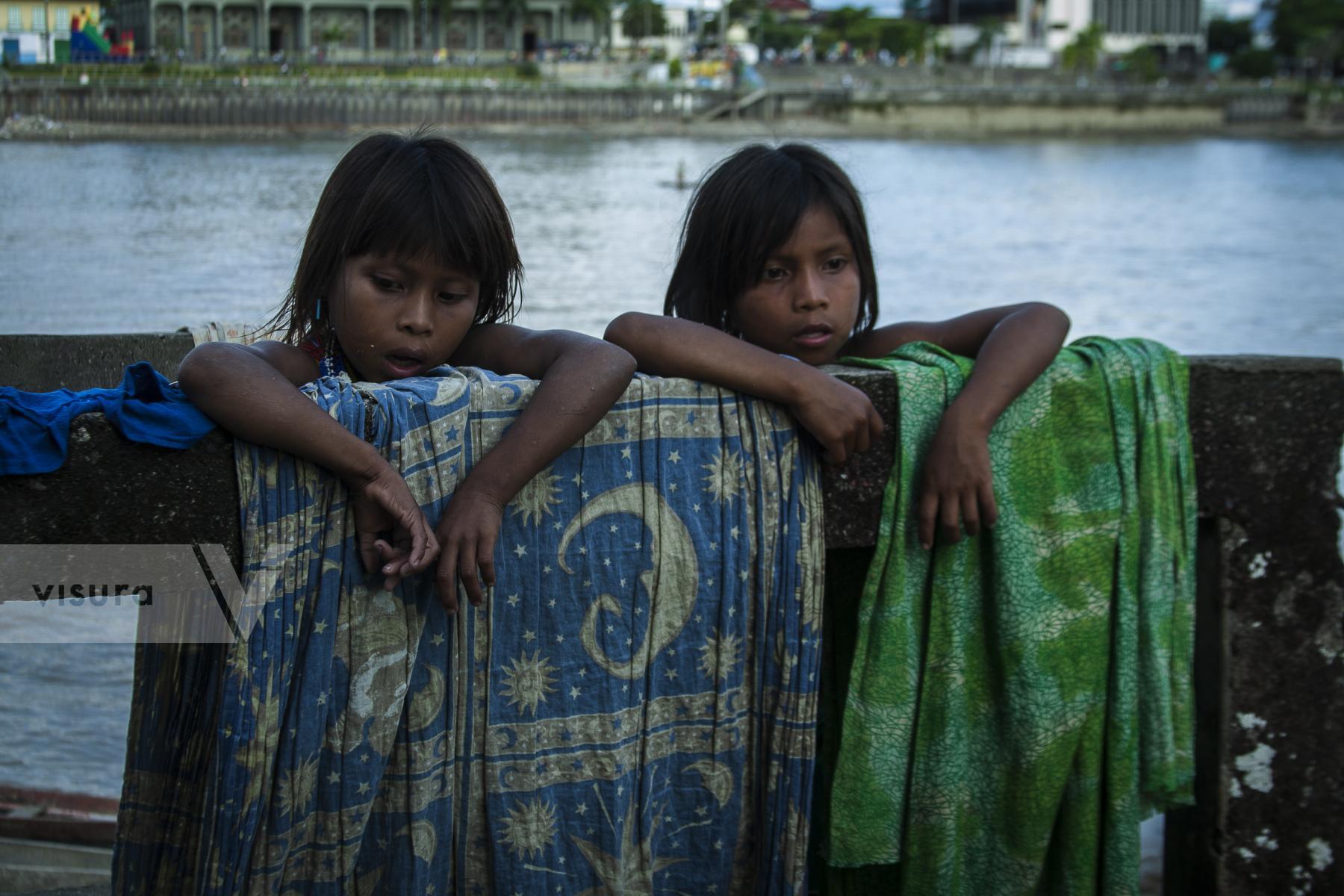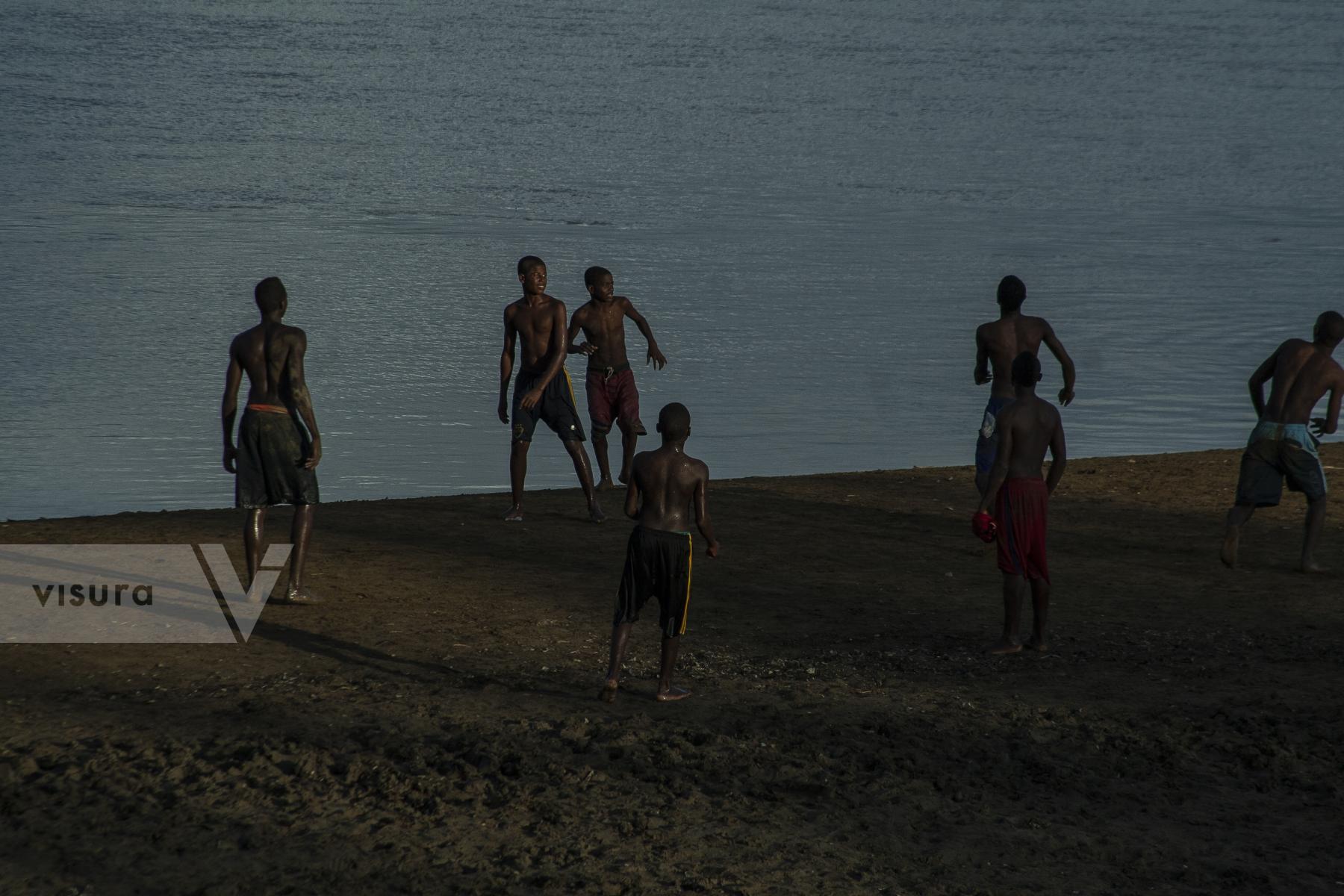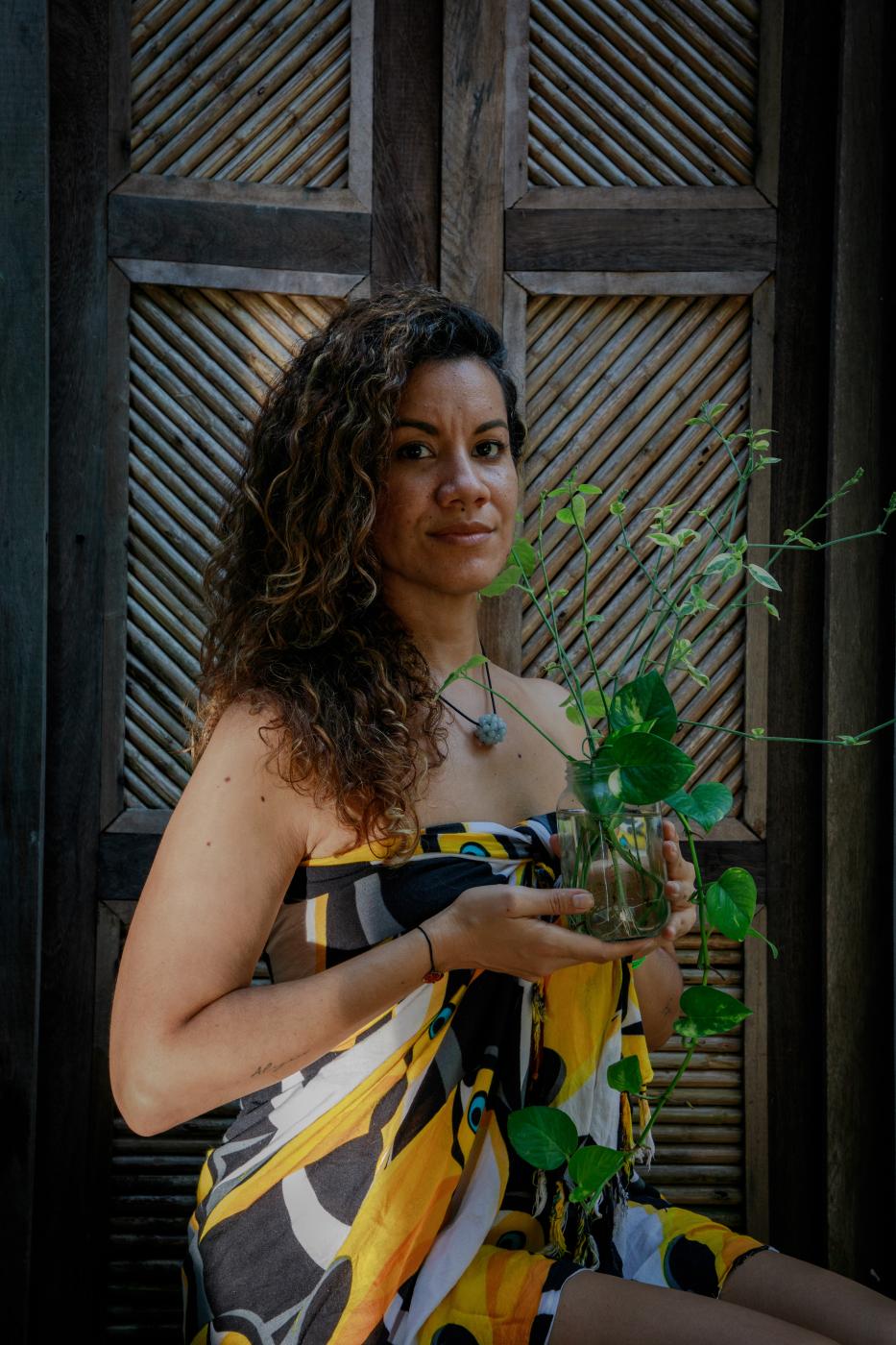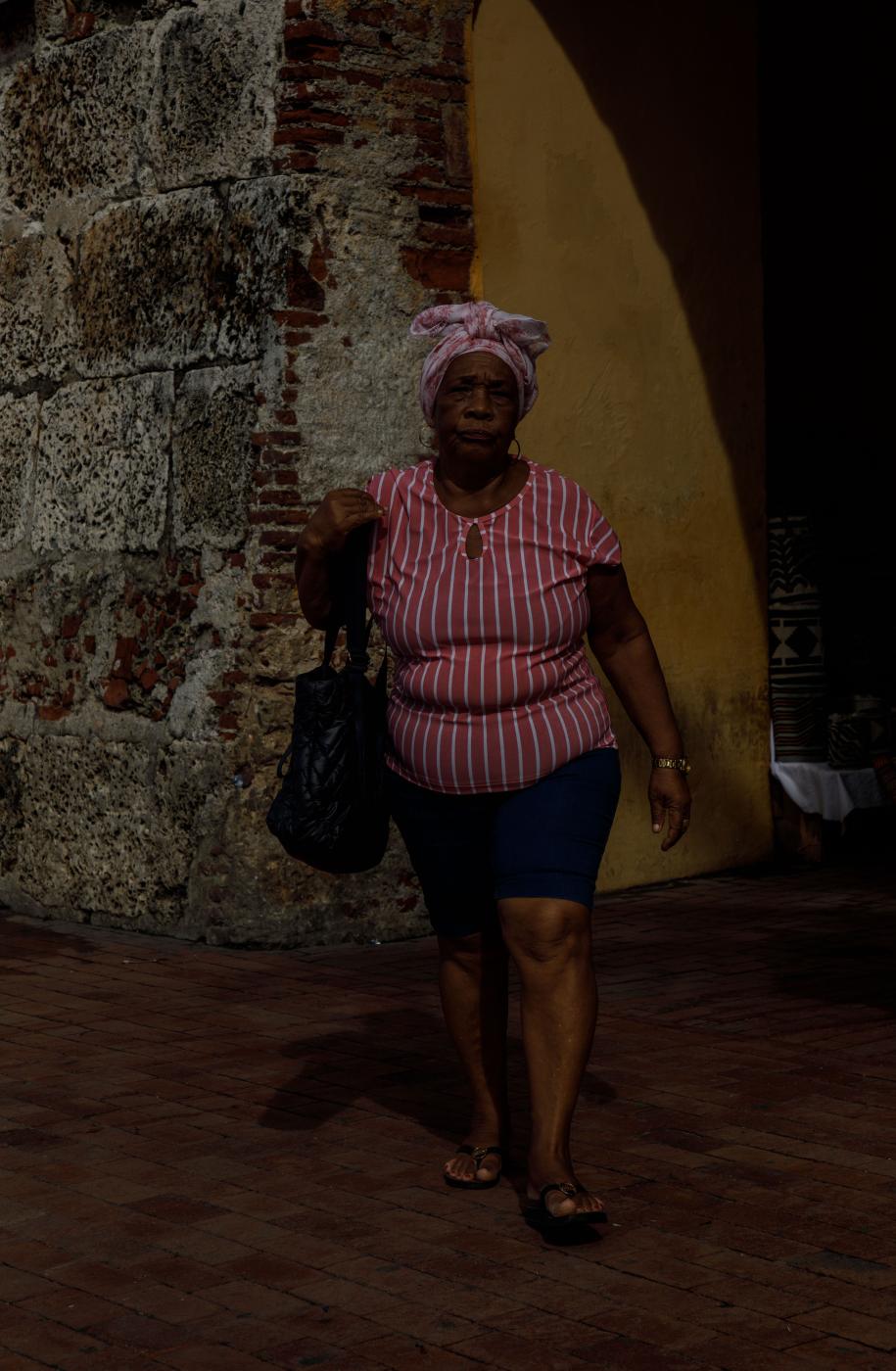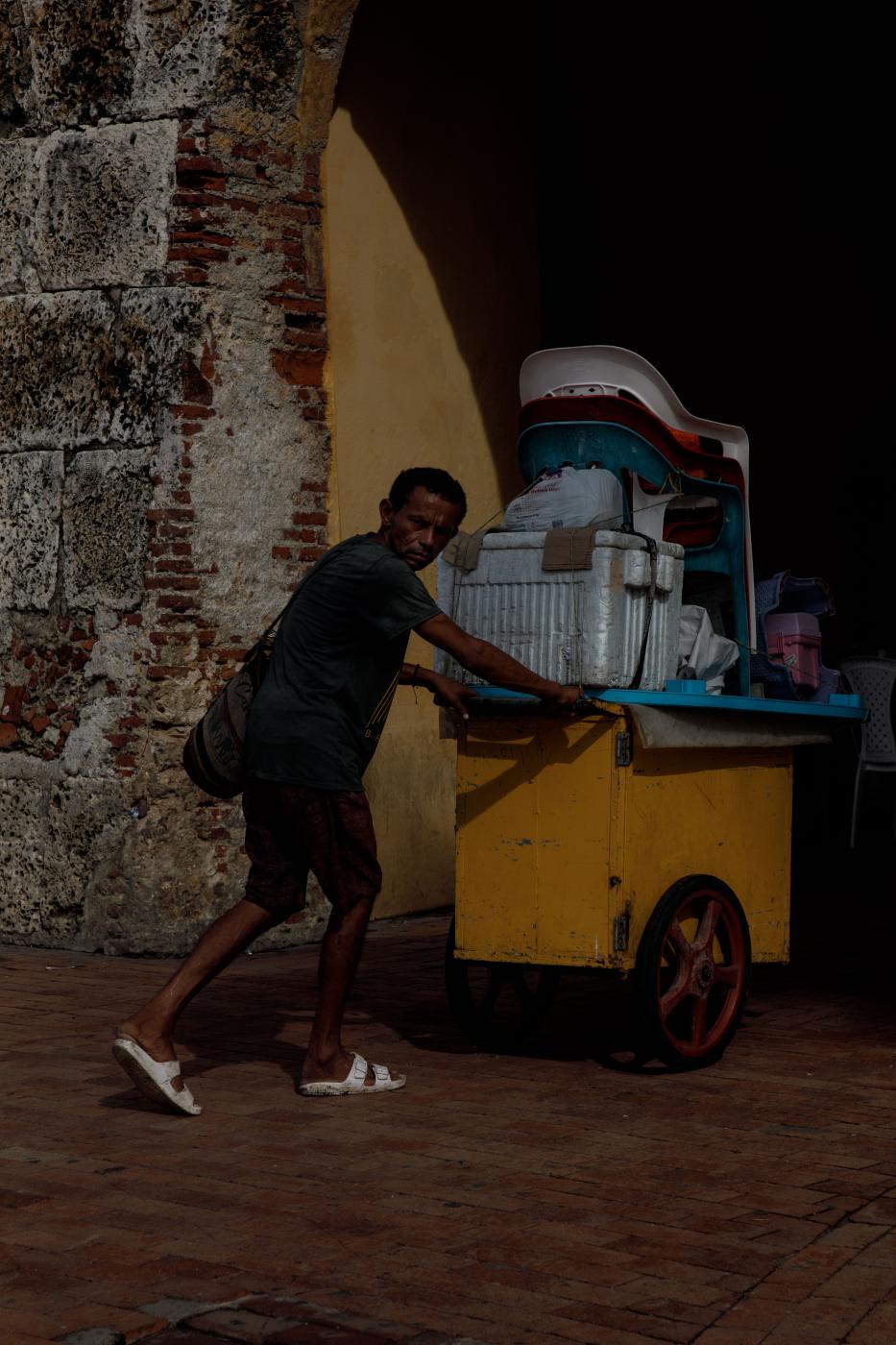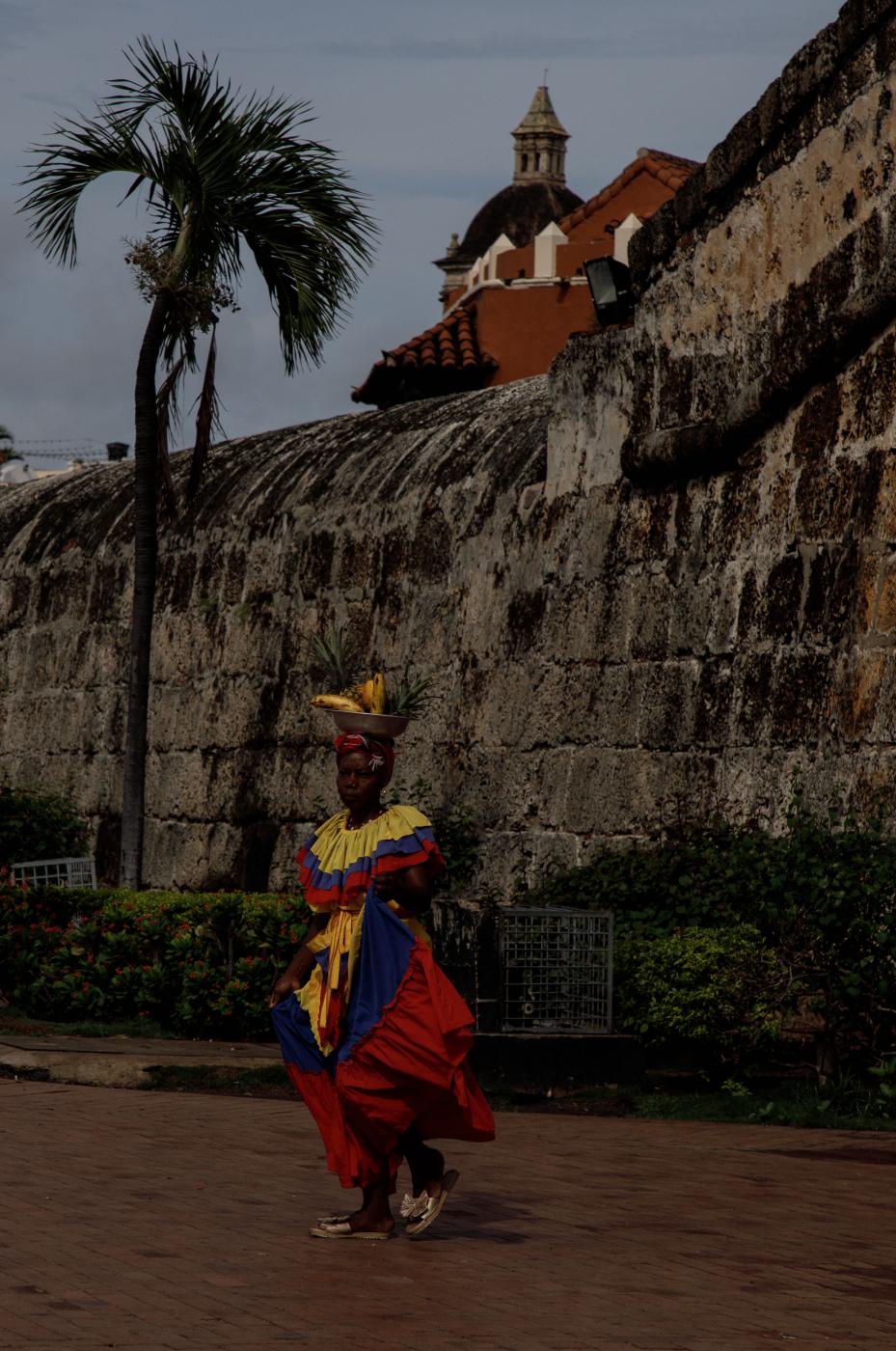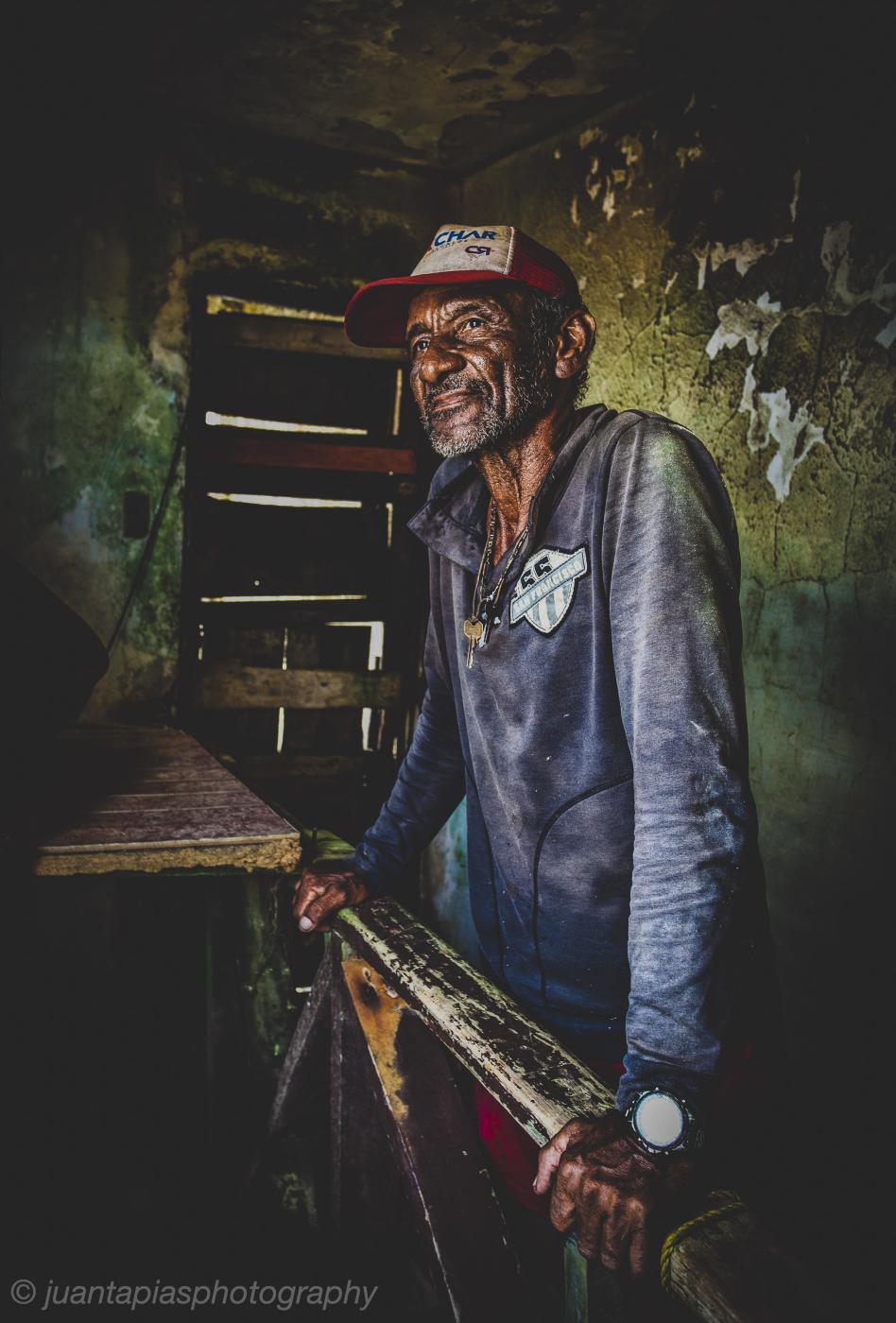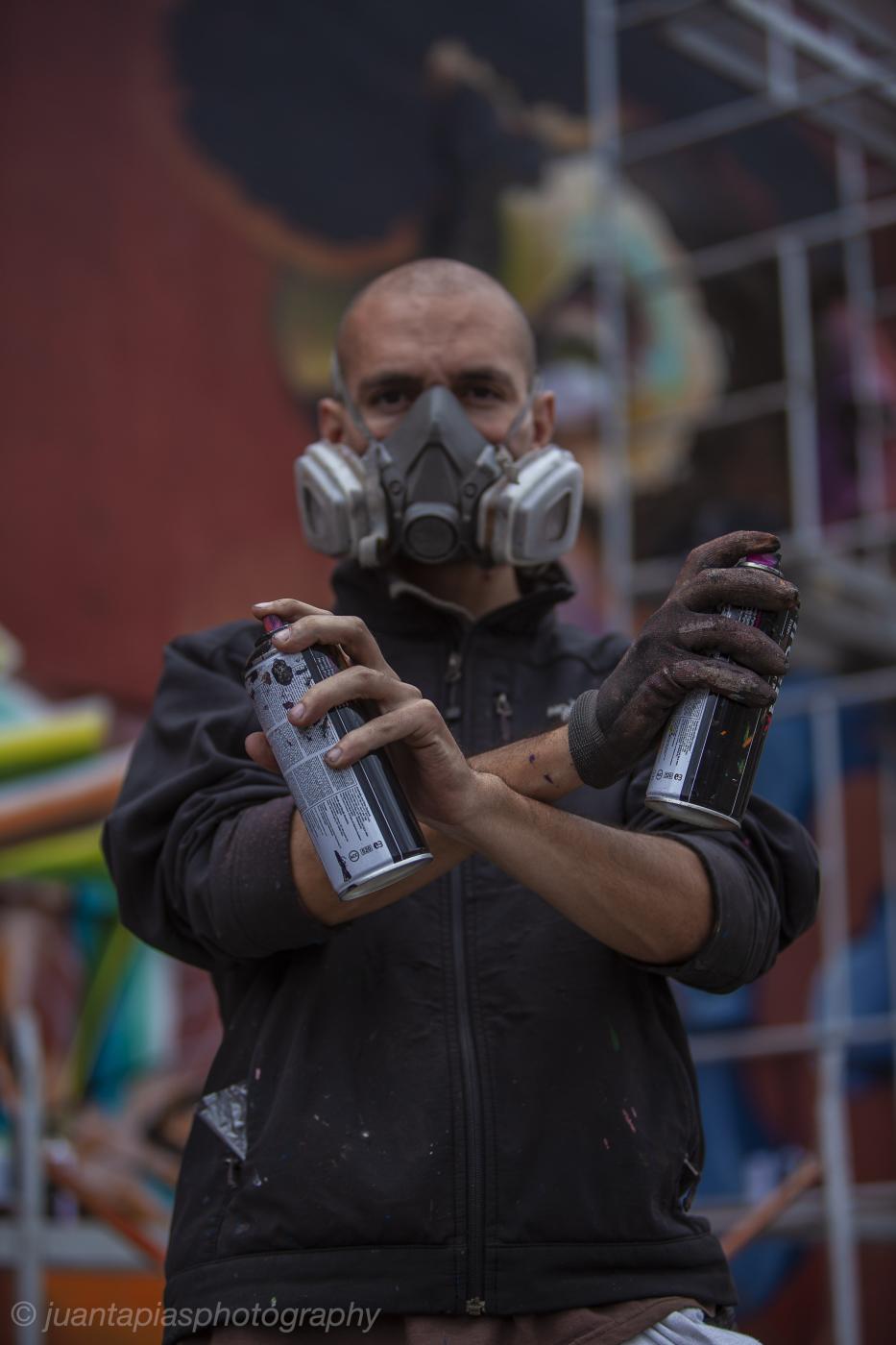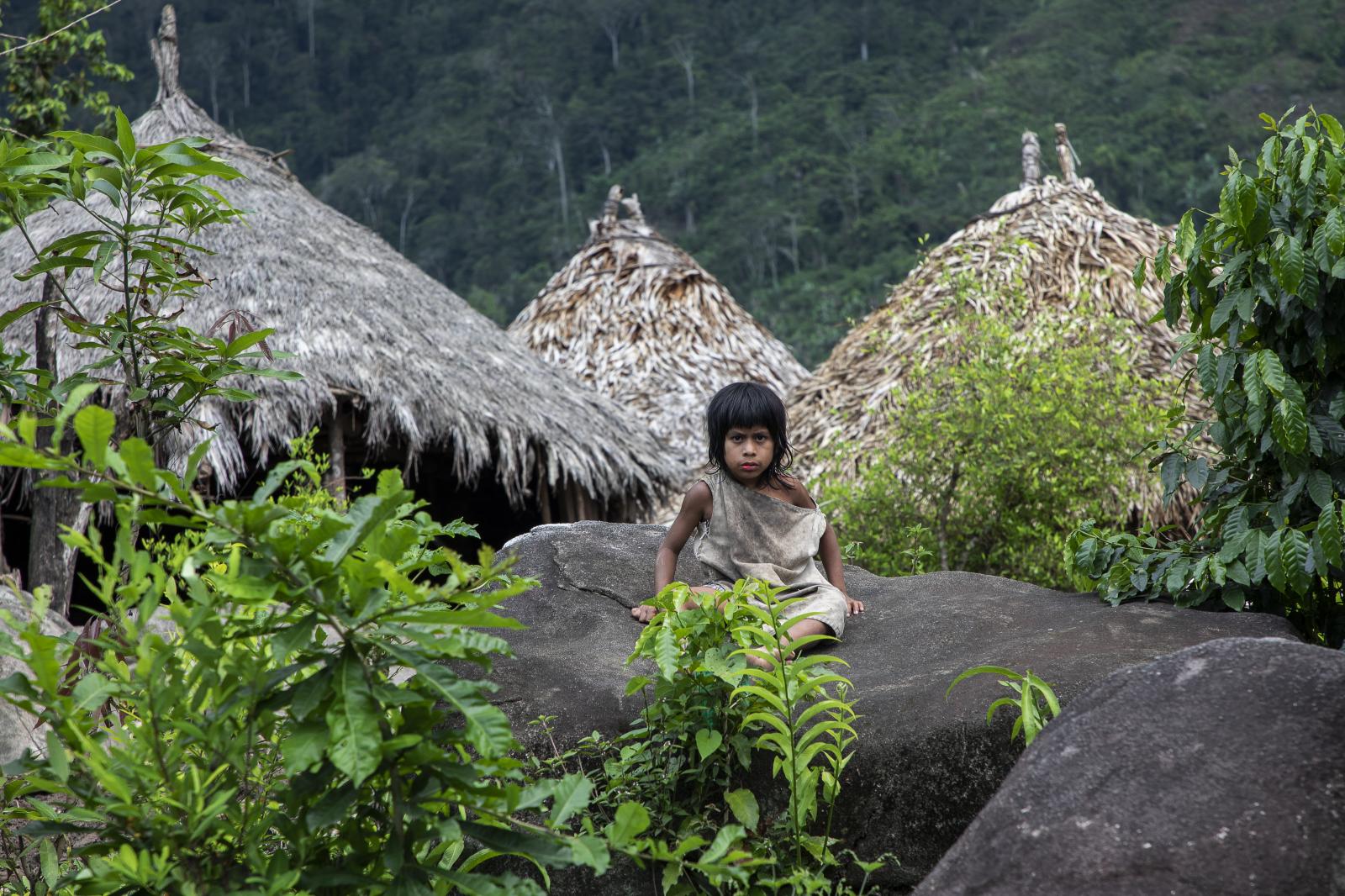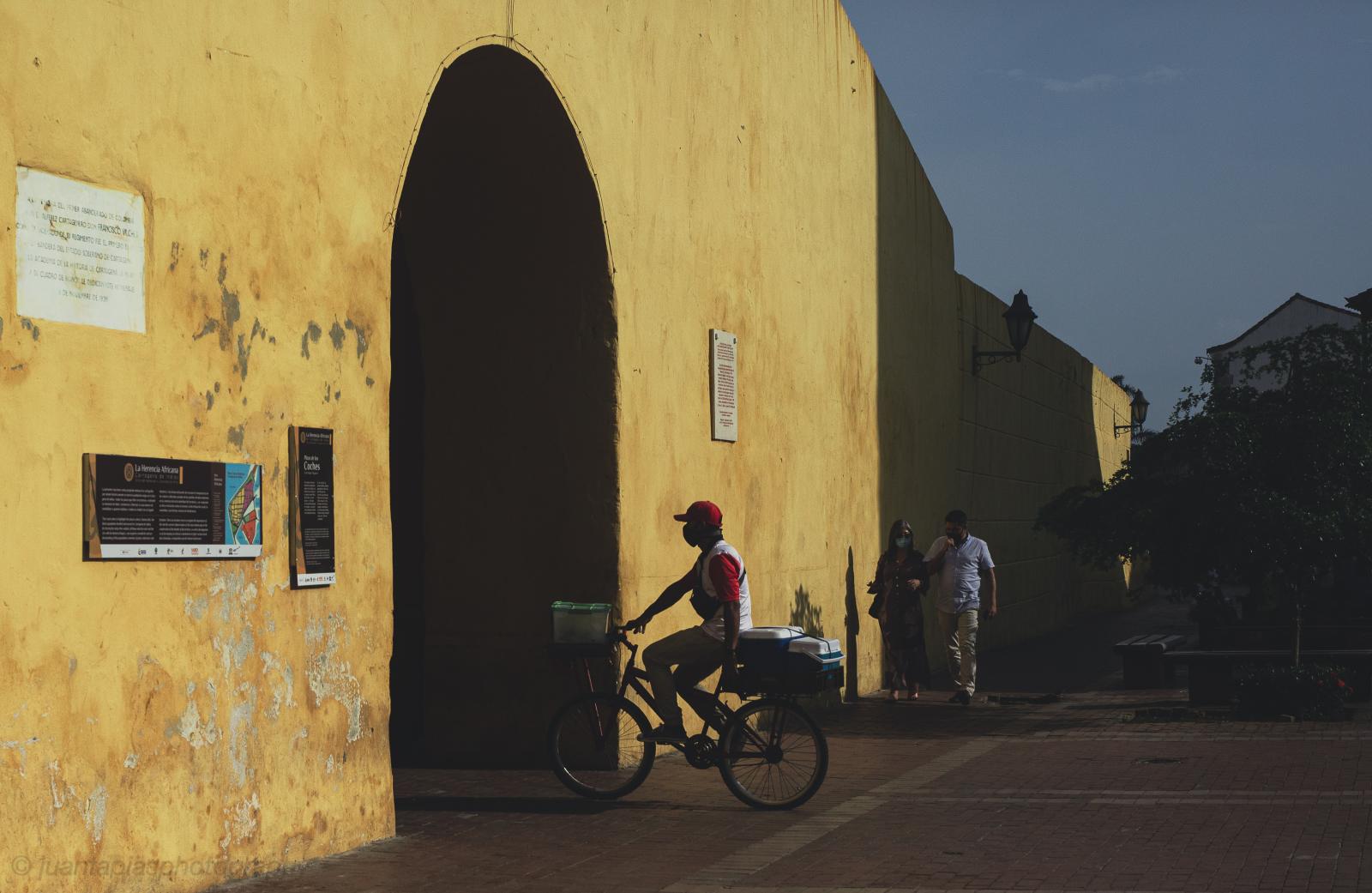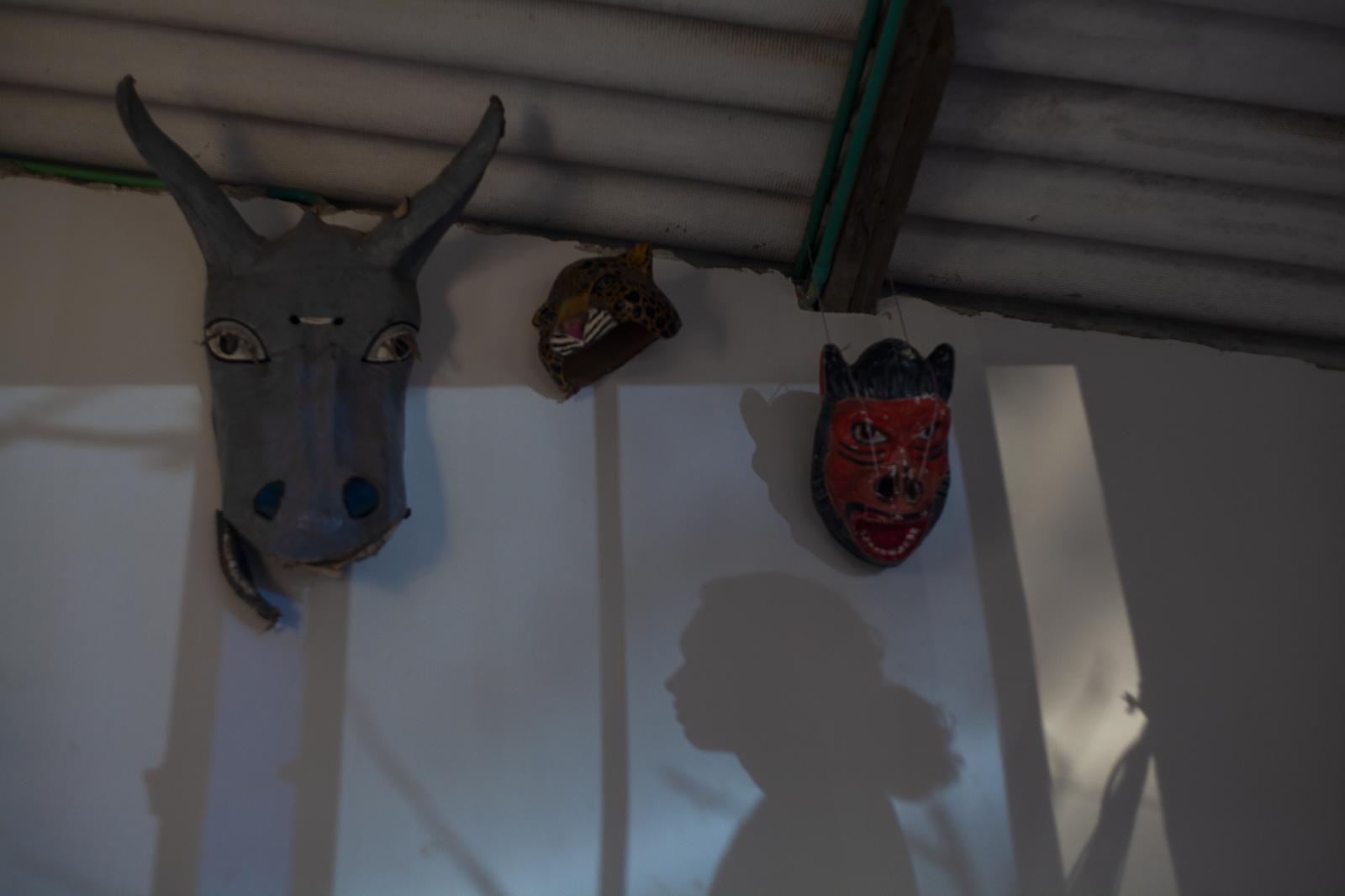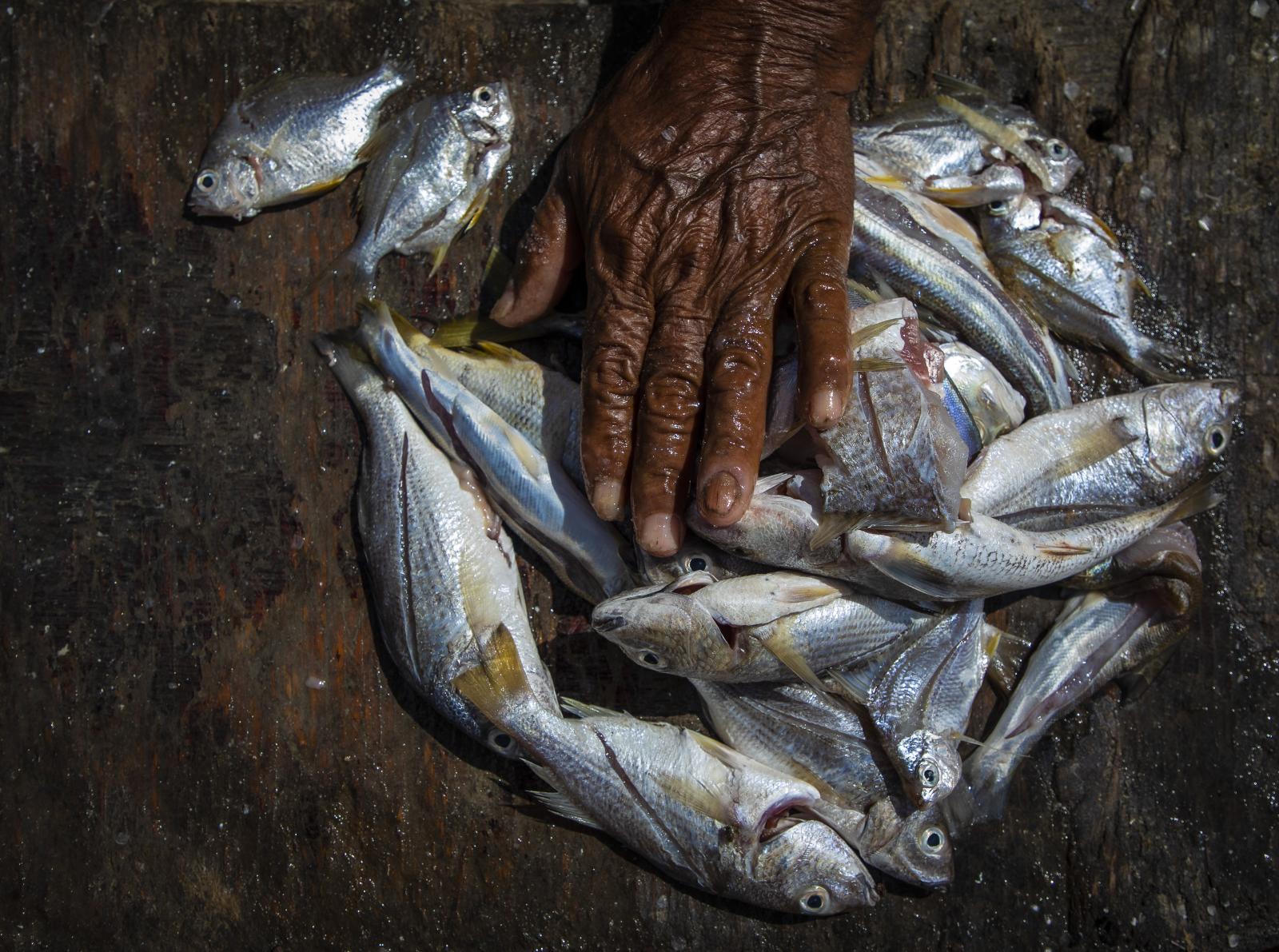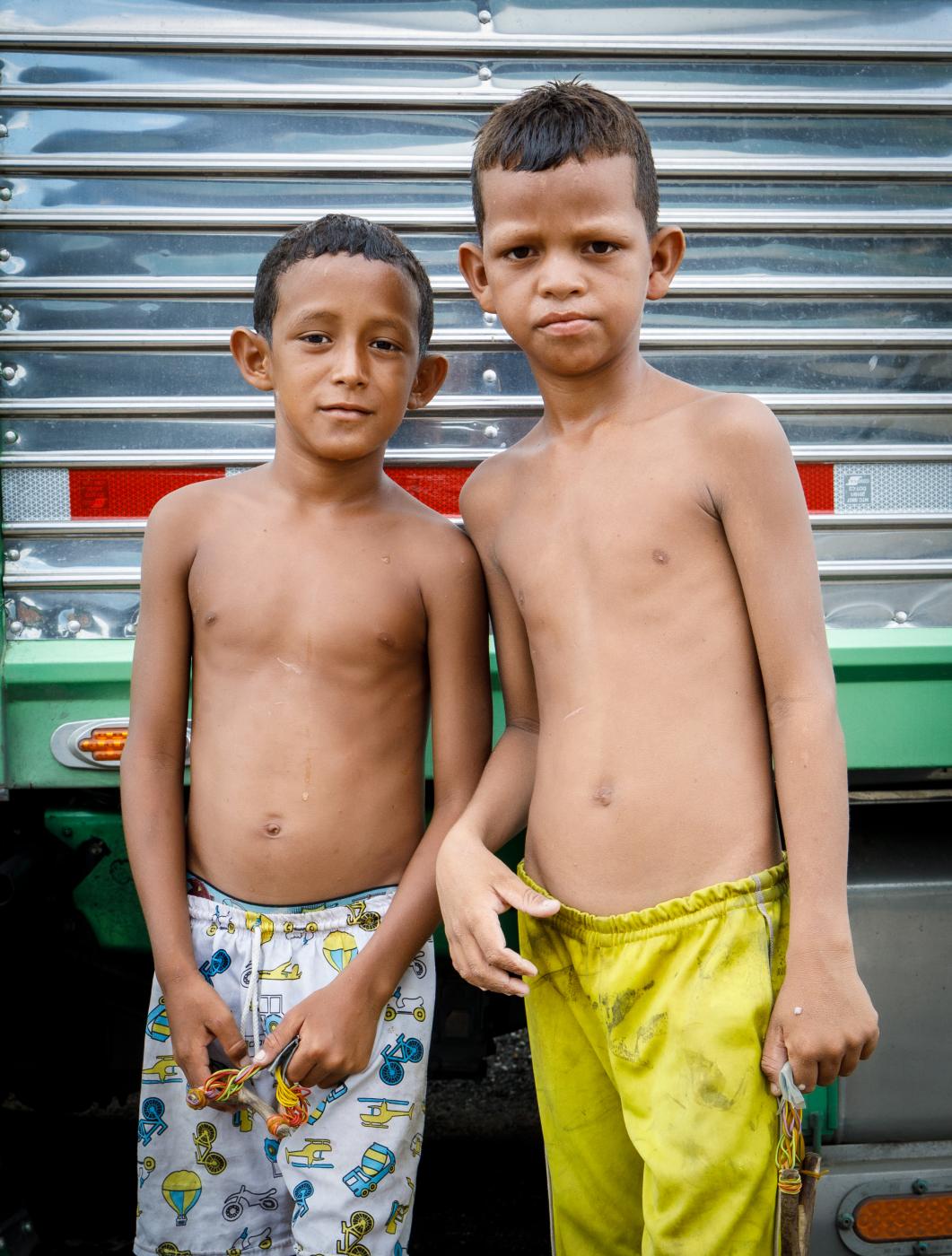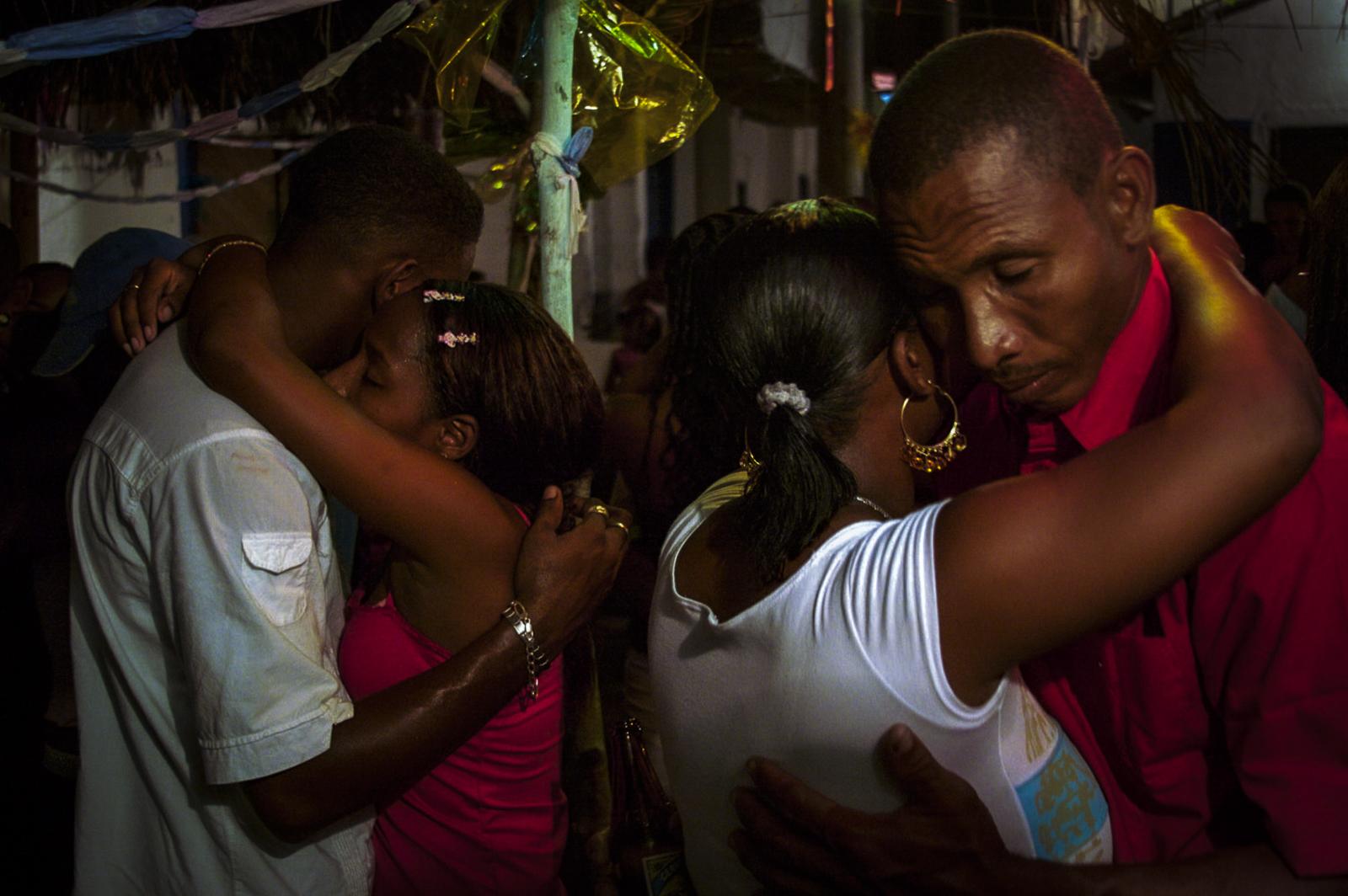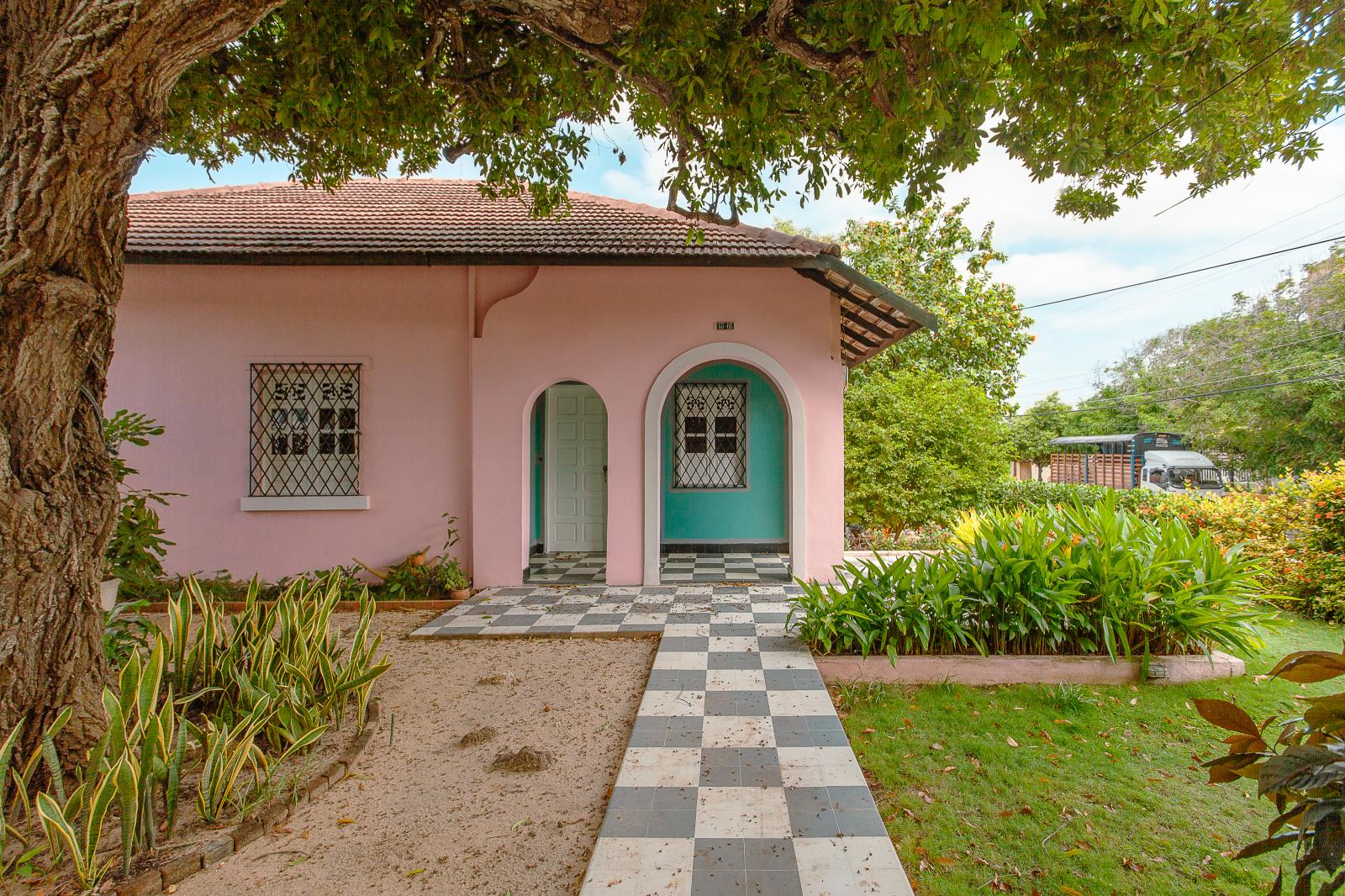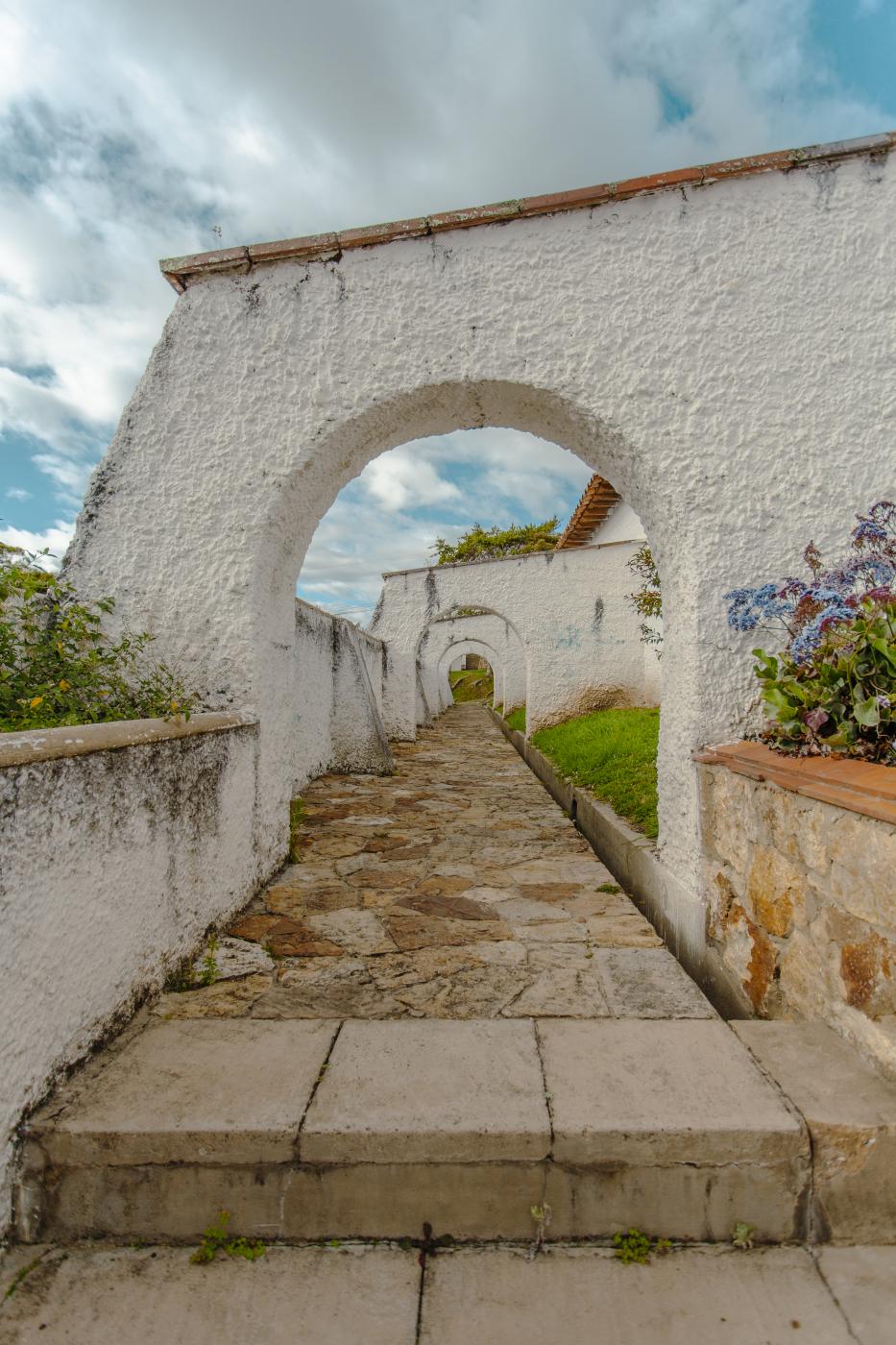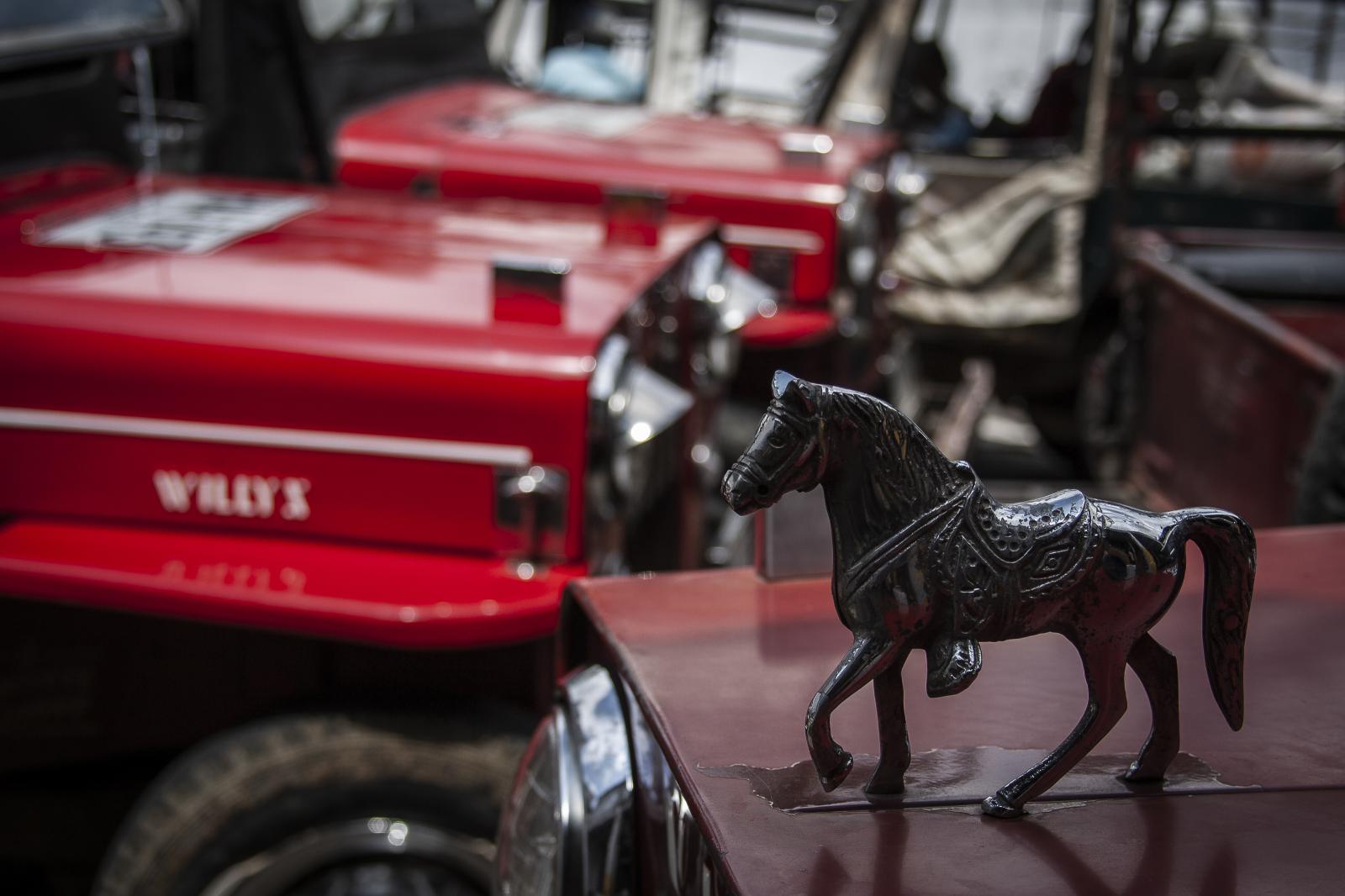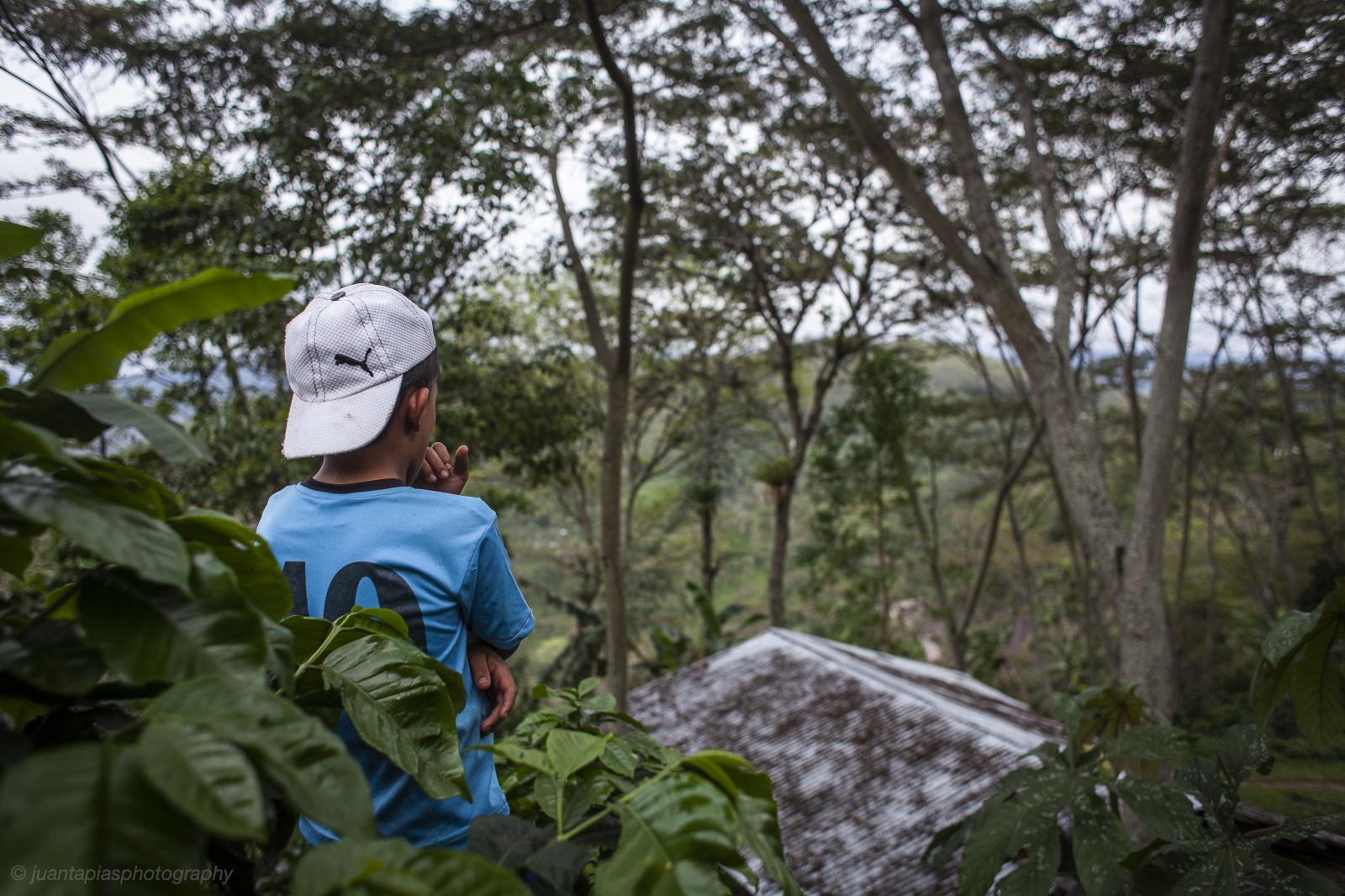The forgotten land
Location: Quibdo, Choco. Colombia
Project Date: Jun 27, 2023
Caption:
None
Size: 3072h x 2092w
Caption:
None
Size: 2048h x 3072w
Caption:
The Atrato River is known for its great biological wealth and is considered one of the most diverse ecosystems in Colombia and Latin America. It is home to a wide variety of plant and animal species, many of them endemic and endangered. The conservation of this river is essential to preserve the unique biodiversity of the region.
It is important to highlight that the Atrato River also faces various challenges, such as deforestation, illegal mining, pollution, and armed conflicts, which threaten its current status and importance. The protection and conservation of the Atrato River are essential to guarantee the well-being of local communities and the preservation of this valuable ecosystem.
Size: h x w
Caption:
None
Size: 2048h x 3072w
Caption:
None
Size: 3072h x 2048w
Caption:
None
Size: 3072h x 2048w
Caption:
None
Size: 3072h x 2048w
Caption:
The extraction of minerals such as gold and other metals is done using rudimentary techniques that involve the use of mercury and other highly toxic chemicals. These substances are dumped directly into the river, contaminating its waters and endangering aquatic life, including fish that are the main source of food for local communities.
Size: h x w
Caption:
None
Size: 2048h x 3072w
Caption:
None
Size: 3072h x 2048w
Caption:
None
Size: 3072h x 2048w
Caption:
The problem of the poisoning of the Atrato River due to illegal mining is a serious situation that directly affects the communities of the biogeographical Chocó. Illegal mining, both by subsistence settlers and by illegal armed groups, has a devastating impact on the river ecosystem and the lives of people who depend on the river for their livelihoods.
The Atrato River is a vital source of fresh water for local communities. Many riparian communities depend on the river for their daily needs, such as human consumption, agriculture, and fishing. In addition, the Atrato River also provides water for nearby cities, such as Quibdó, the capital of the Chocó department.
Size: h x w
Caption:
None
Size: 2048h x 3072w
Caption:
None
Size: 2048h x 3072w
Caption:
None
Size: 3072h x 2048w
Caption:
None
Size: 3072h x 2048w
Caption:
None
Size: 2048h x 3072w
Caption:
None
Size: 3072h x 2048w
Caption:
None
Size: 3072h x 2048w
Caption:
None
Size: 2048h x 3072w
Caption:
The poisoning of the waters of the Atrato River has negative consequences for the food security of the communities, since the availability of safe fish for human consumption decreases. In addition, the pollution also affects the health of the people who depend on the river for their drinking water supply, since the consumption of contaminated water can cause serious health problems.
The Atrato River is navigable for a large part of its route, which makes it an important river transport route in the region. Many communities use the river as a means of transportation to access basic services, markets, and urban centers. In addition, it is used for the transport of agricultural products, wood and other commercial goods.
Size: h x w
Caption:
None
Size: 2048h x 3072w
Caption:
None
Size: 2048h x 3072w
Caption:
None
Size: 3072h x 2048w
Caption:
The Atrato River is an integral part of the cultural identity of the Afro-Colombian and indigenous communities that inhabit its banks. These communities have developed traditions, fishing practices and ways of life based on the relationship with the river. Preserving the Atrato River also implies protecting and valuing the cultural heritage of these communities that occupy this wide area of vital biogeographical importance.
It is important to highlight that the biogeographic situation of Chocó is not unique, since illegal mining and its negative environmental impacts are a widespread problem in several regions of Colombia and other countries in the Amazon region. Combating this problem requires a comprehensive approach that involves the implementation of legal measures, the promotion of sustainable economic alternatives for local communities, and cooperation between different actors, including the government, affected communities, and civil society.
Size: h x w
Caption:
None
Size: 2048h x 3072w
Caption:
None
Size: 3072h x 2048w
Caption:
None
Size: 2048h x 3072w
Caption:
The recognition and attention to the demands of the Afro-descendant and indigenous communities of the biogeographic Chocó are essential to overcome the situation of state neglect and to guarantee a sustainable development that respects and values the cultural diversity and the natural environment of the region.
Size: h x w
Caption:
None
Size: 2048h x 3072w
Summary
The biogeographic Chocó is a vast forgotten region in the Colombian Pacific territory, inhabited by Afro-descendant and indigenous communities that for decades have struggled to cope with the precarious development of their basic infrastructure and the state abandonment that they still face today. Its capital, Quibdó, located on the banks of the Atrato River, stands out as the representative city at the administrative level where all the problems of the riverside communities (Afro and indigenous) that communicate along the Atrato River converge and generate the base of their economy.
Project Text
On the edge of the river of poisoned fish
Colombia 2013.
The biogeographic Chocó is a vast forgotten region in the Colombian Pacific territory, inhabited by Afro-descendant and indigenous communities that for decades have struggled to cope with the precarious development of their basic infrastructure and the state abandonment that they still face today. Its capital, Quibdó, located on the banks of the Atrato River, stands out as the representative city at the administrative level where all the problems of the riverside communities (Afro and indigenous) that communicate along the Atrato River converge and generate the base of their economy.
Fish forms the cornerstone of food security in the area, with a bountiful river providing what is needed. However, it also faces the threat of poisoning its waters due to illegal mining. This activity is carried out in an artisanal way by settlers who seek to survive in their day to day, as well as by groups outside the law that exploit mining as part of their war economy.

